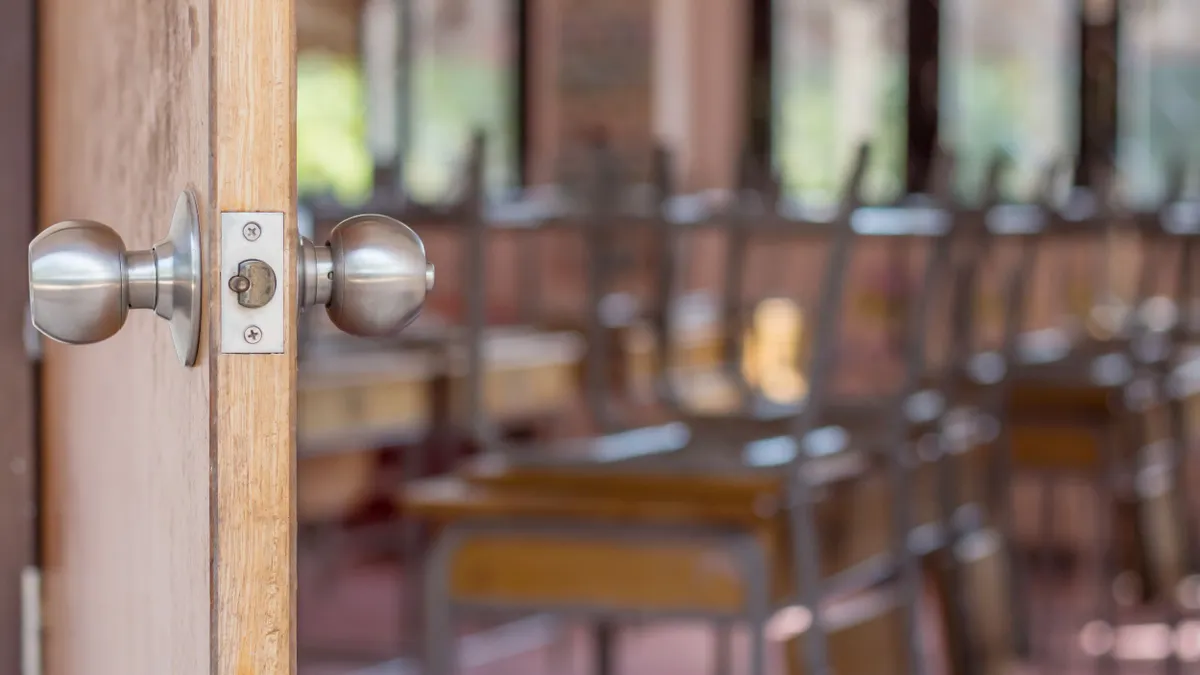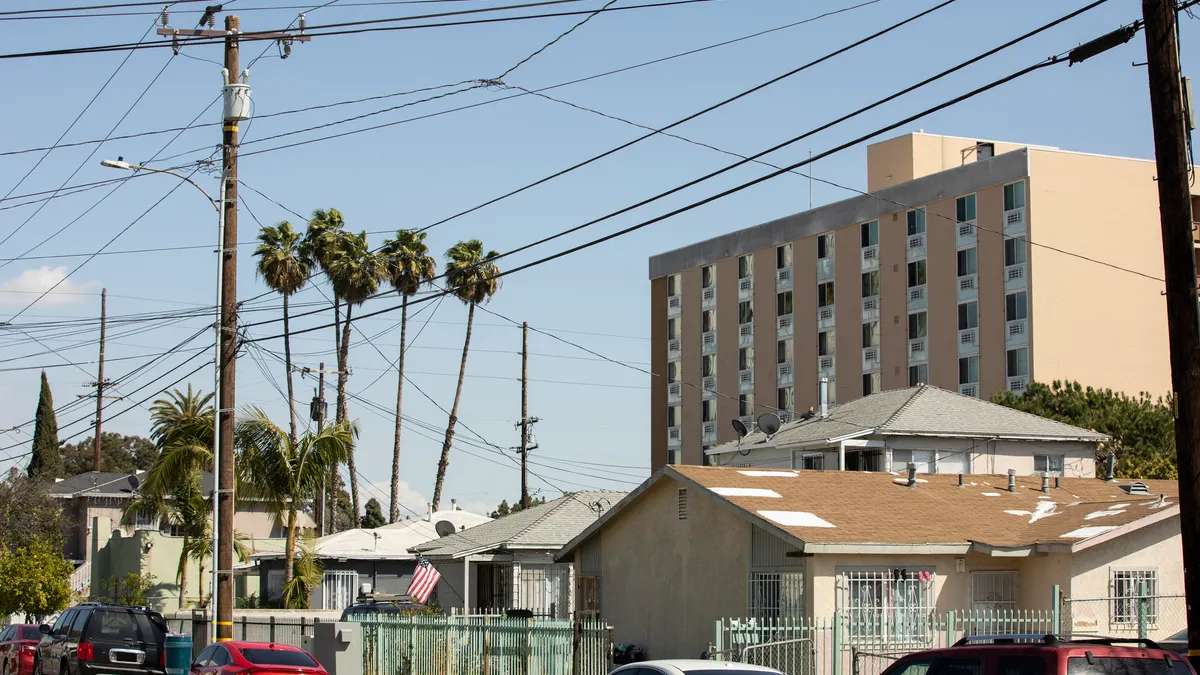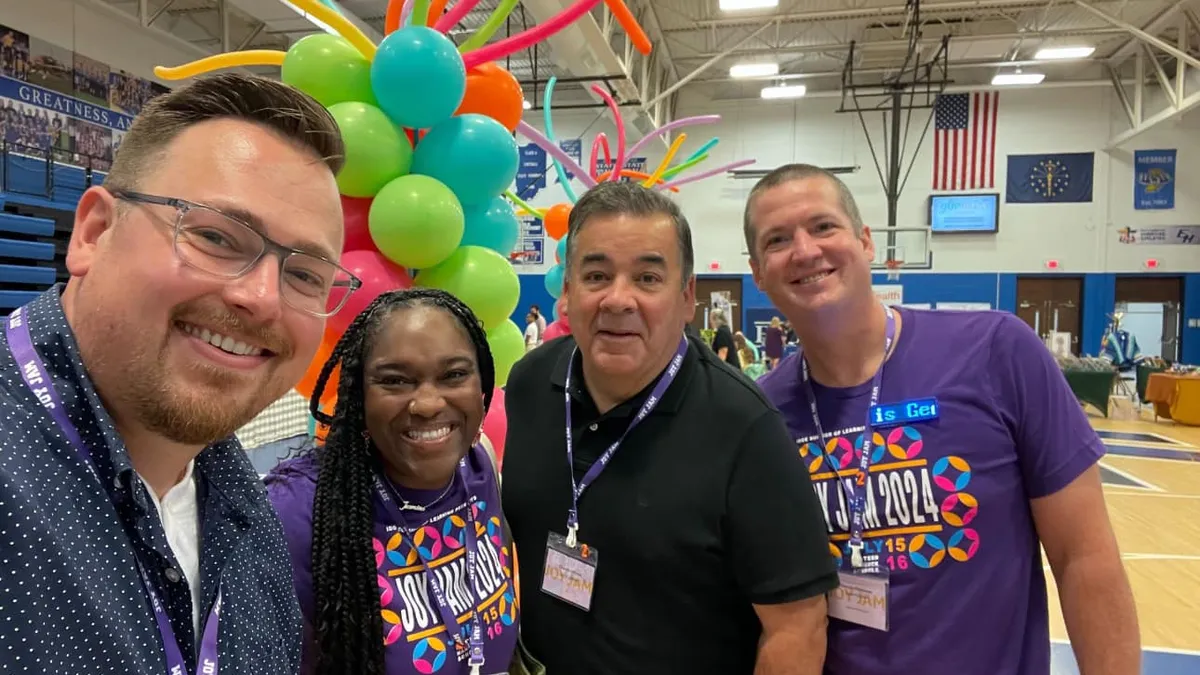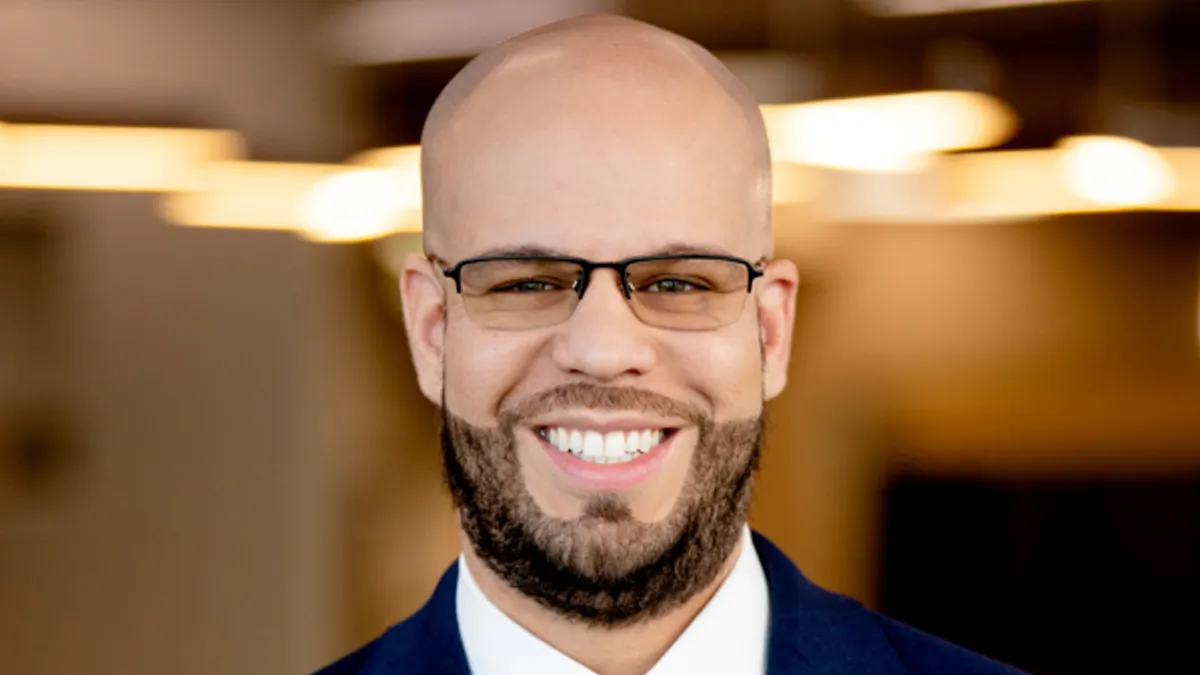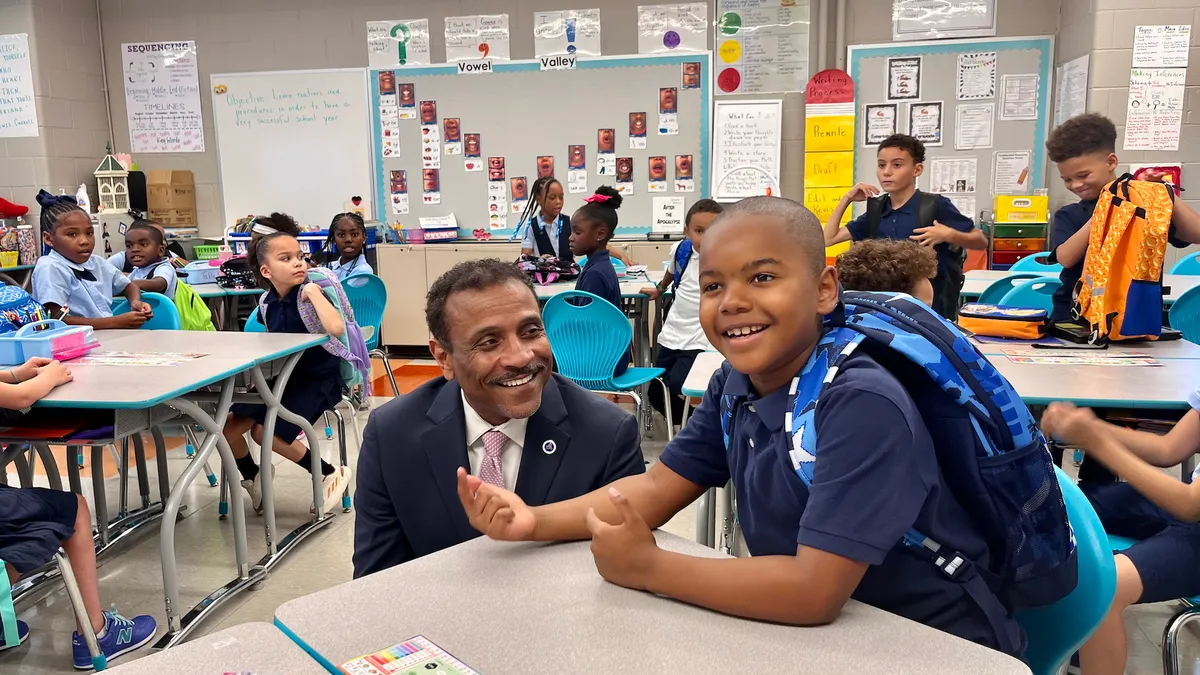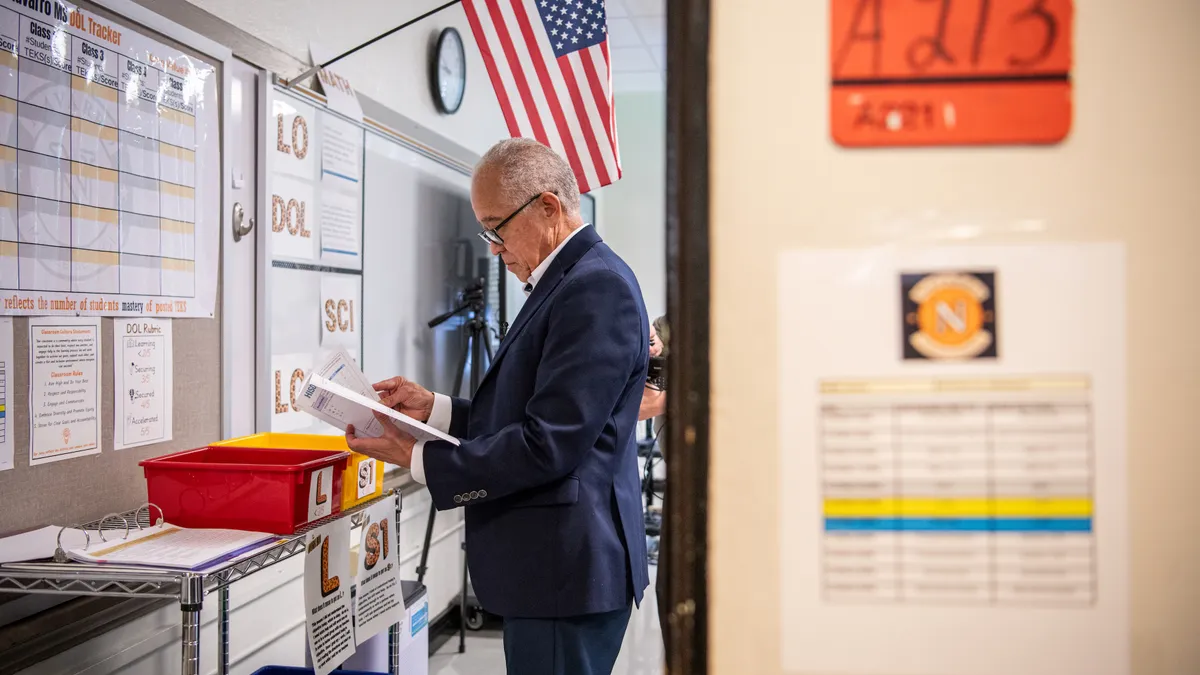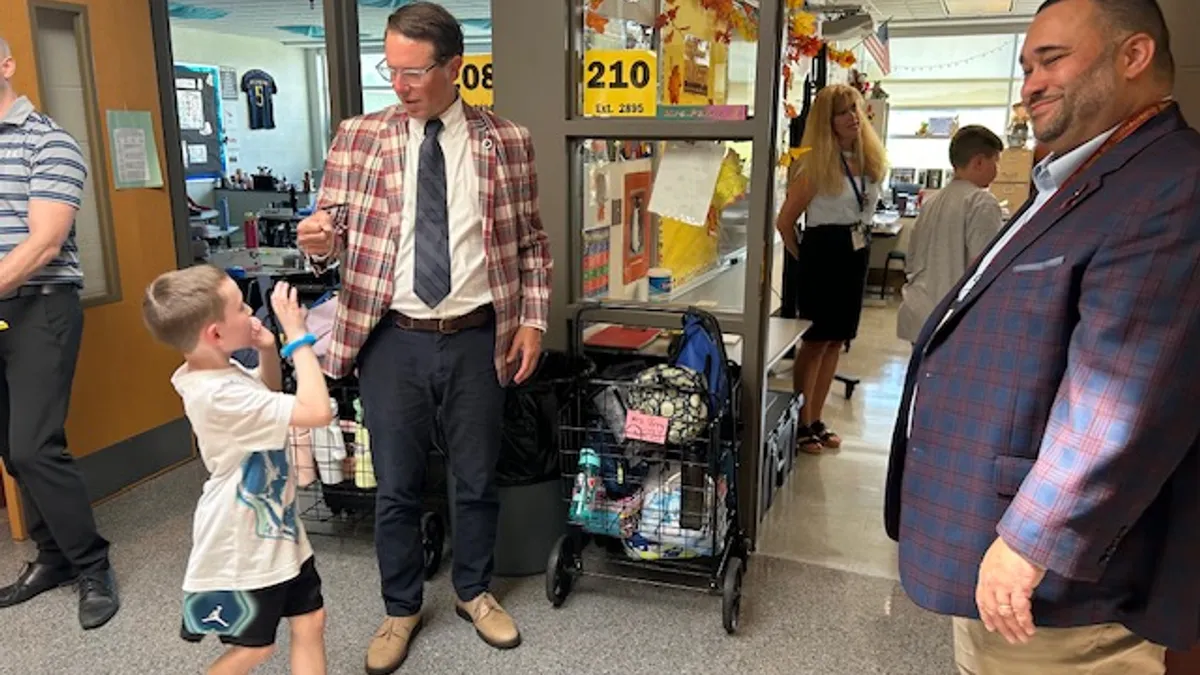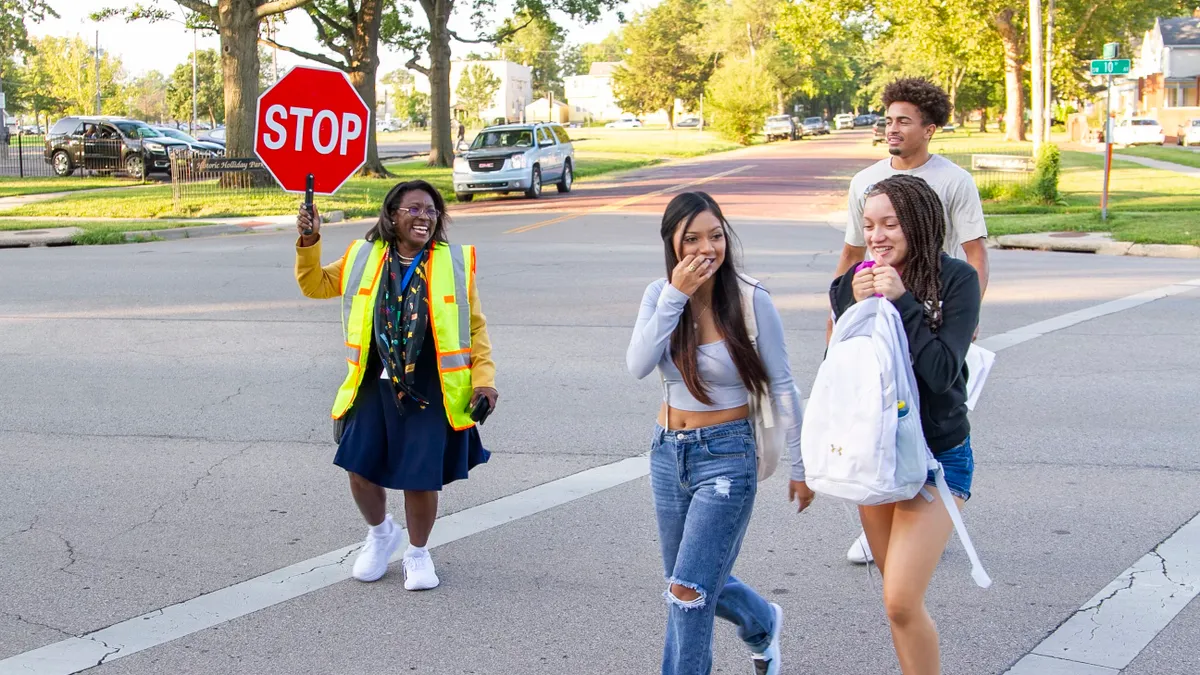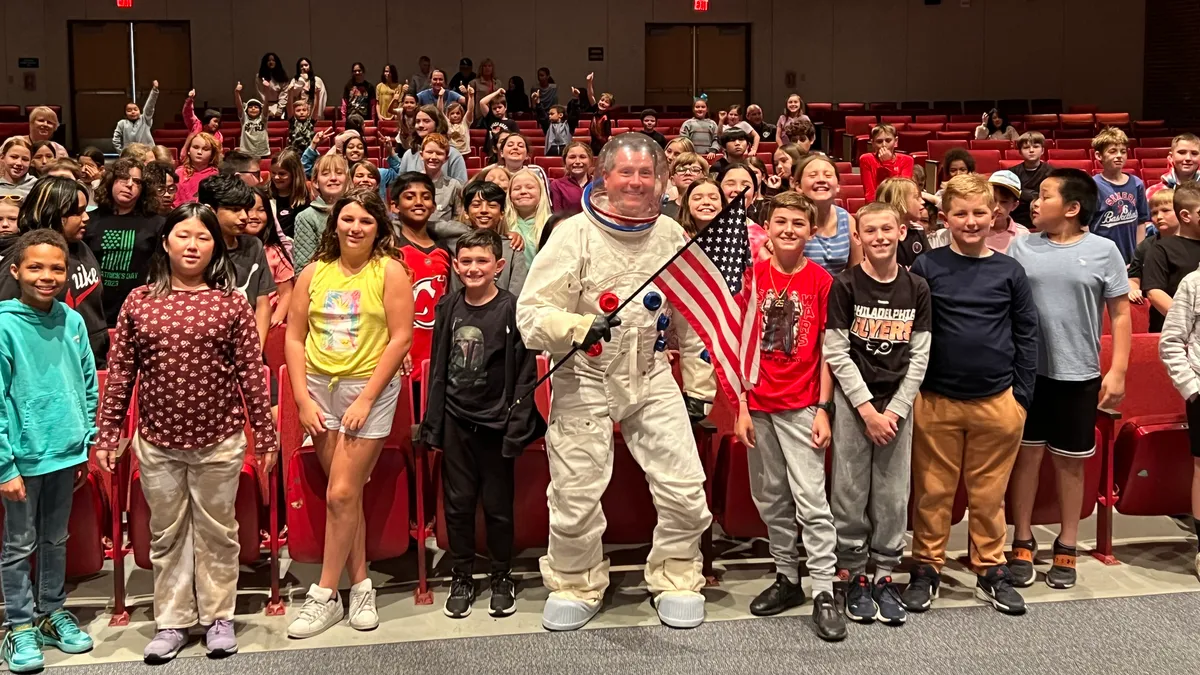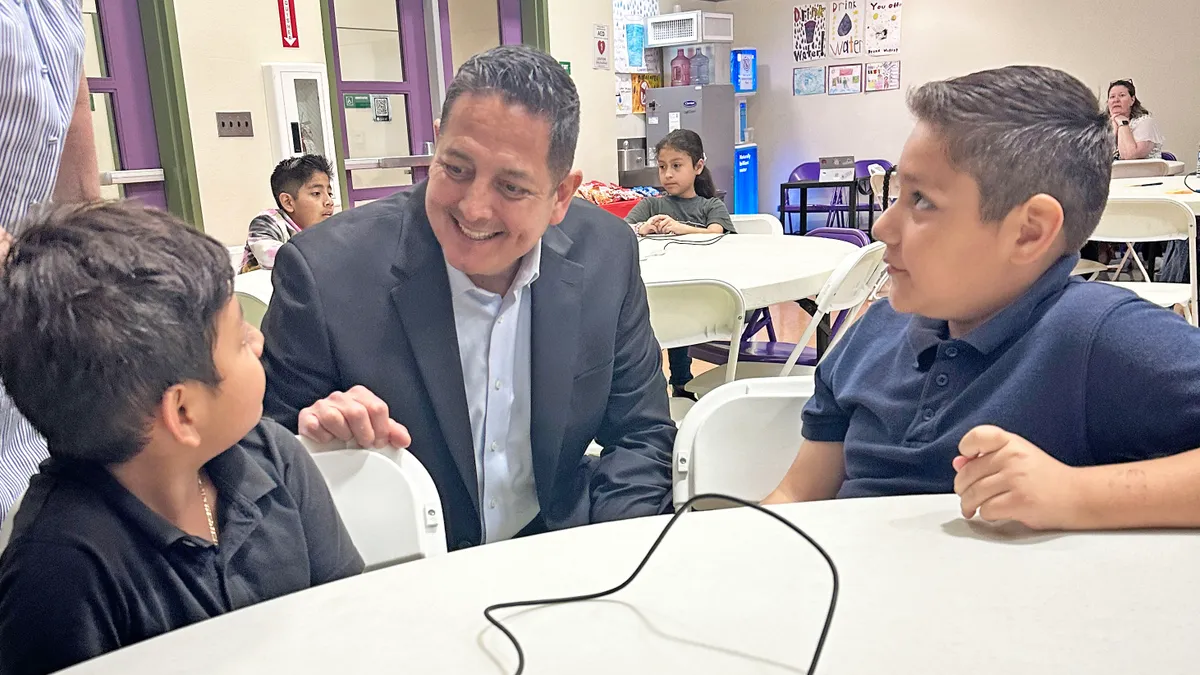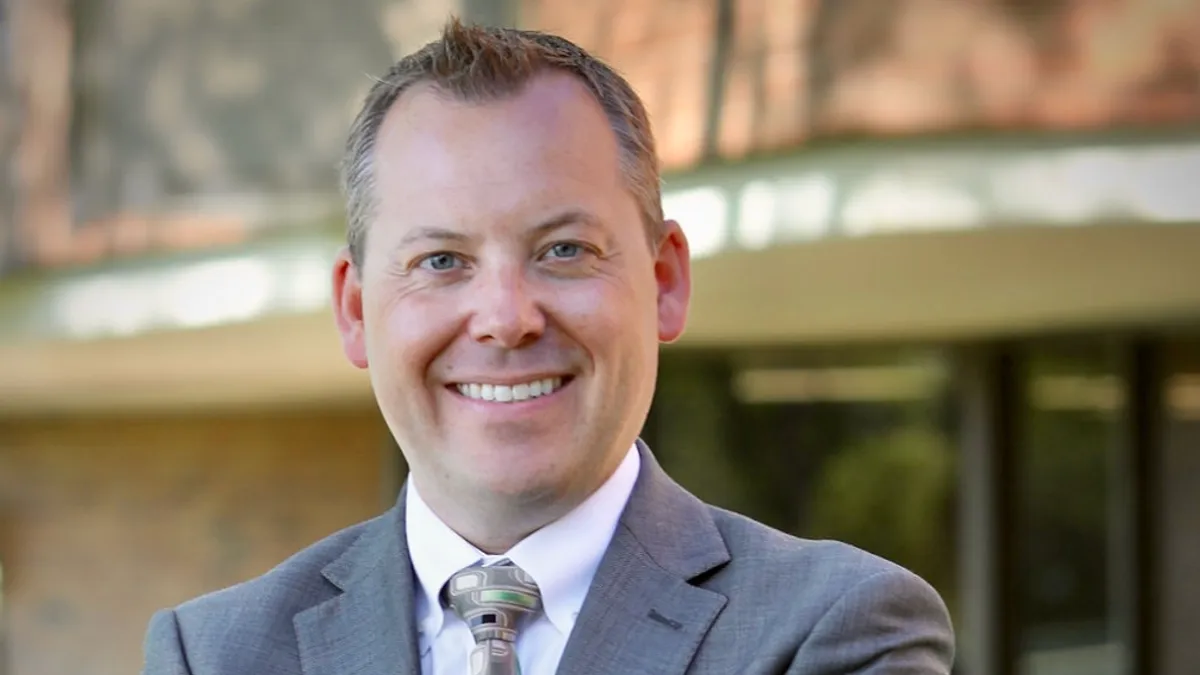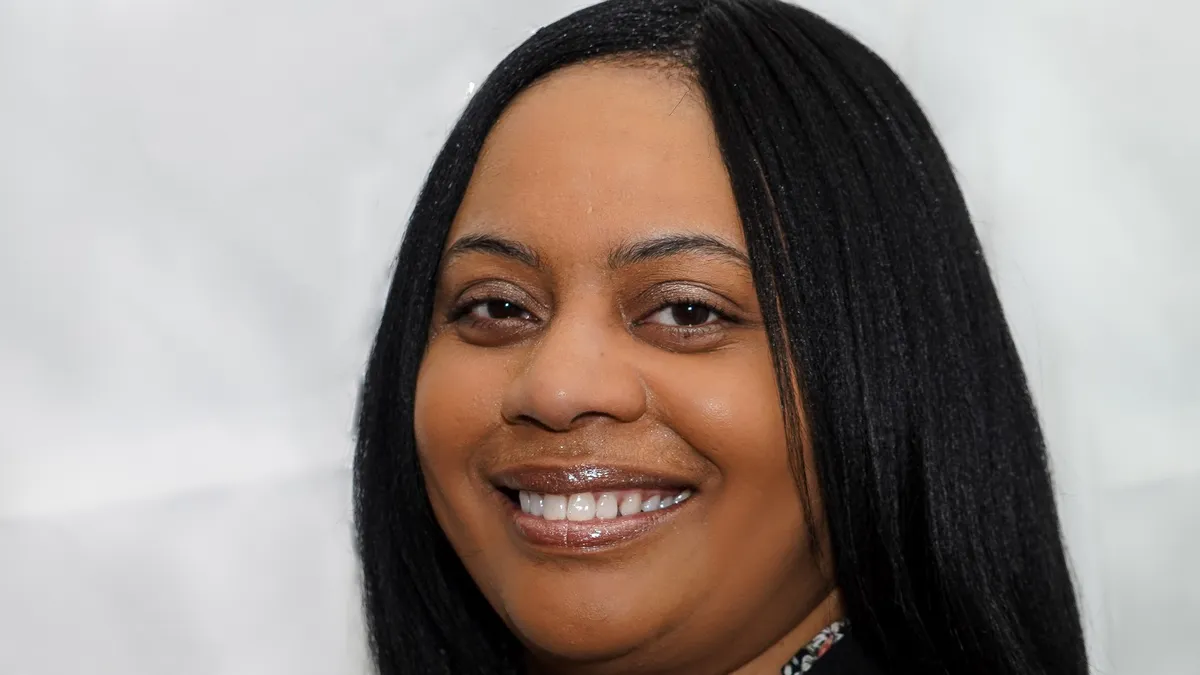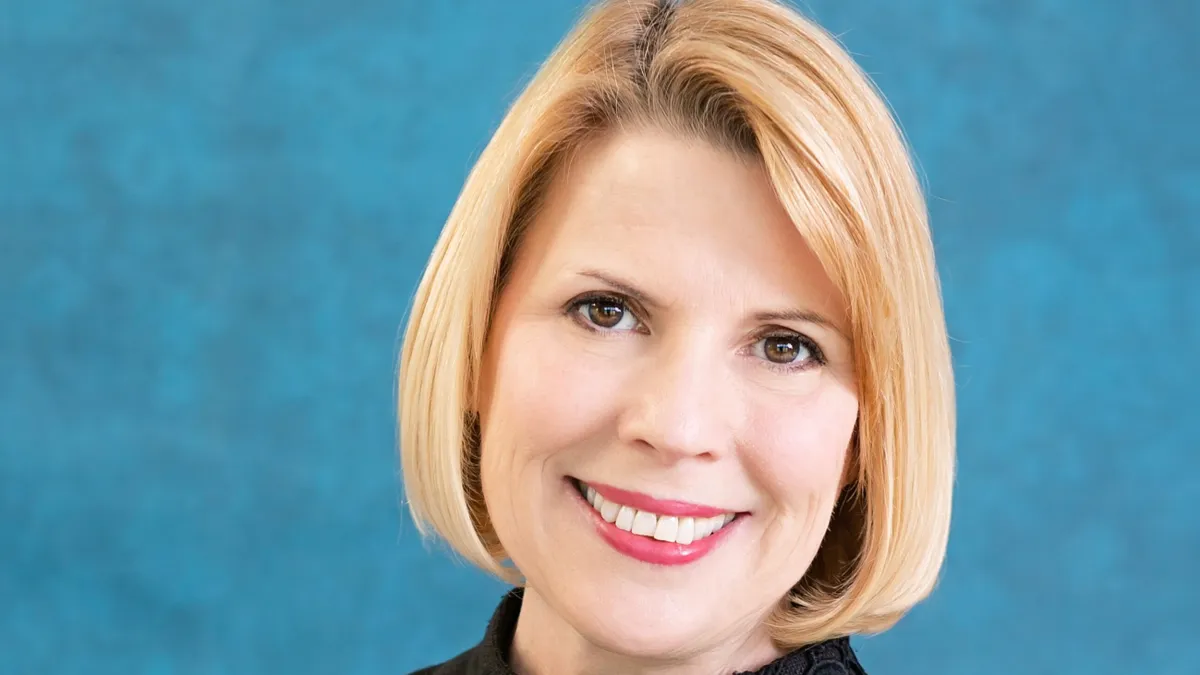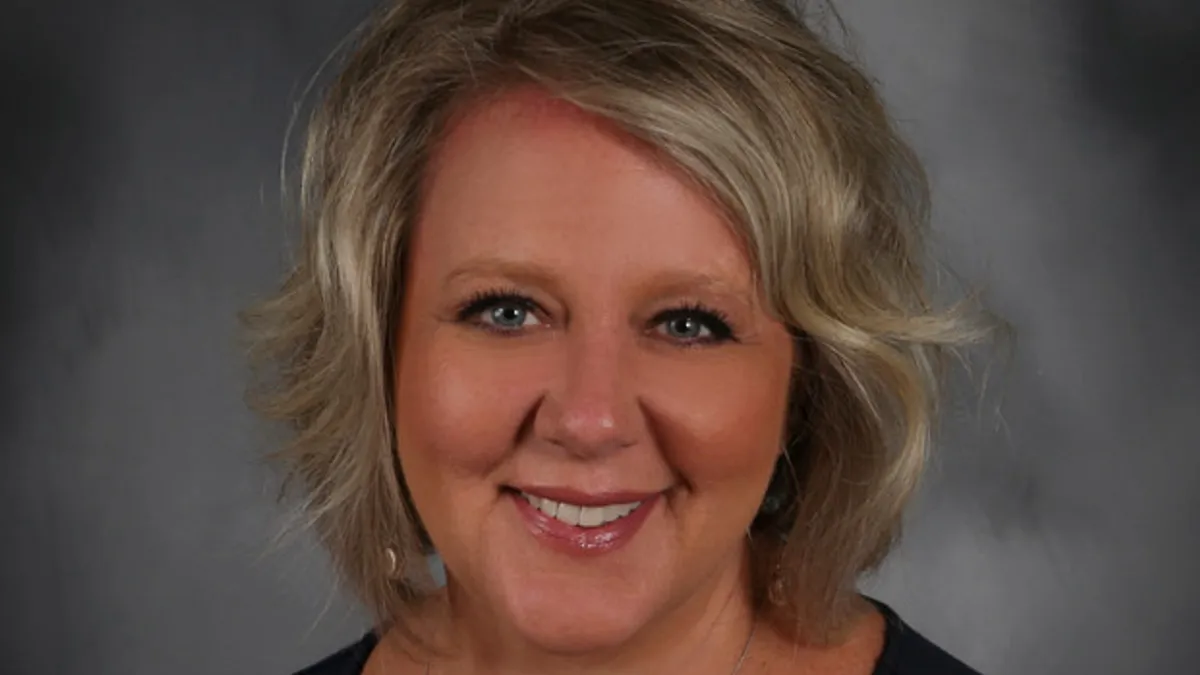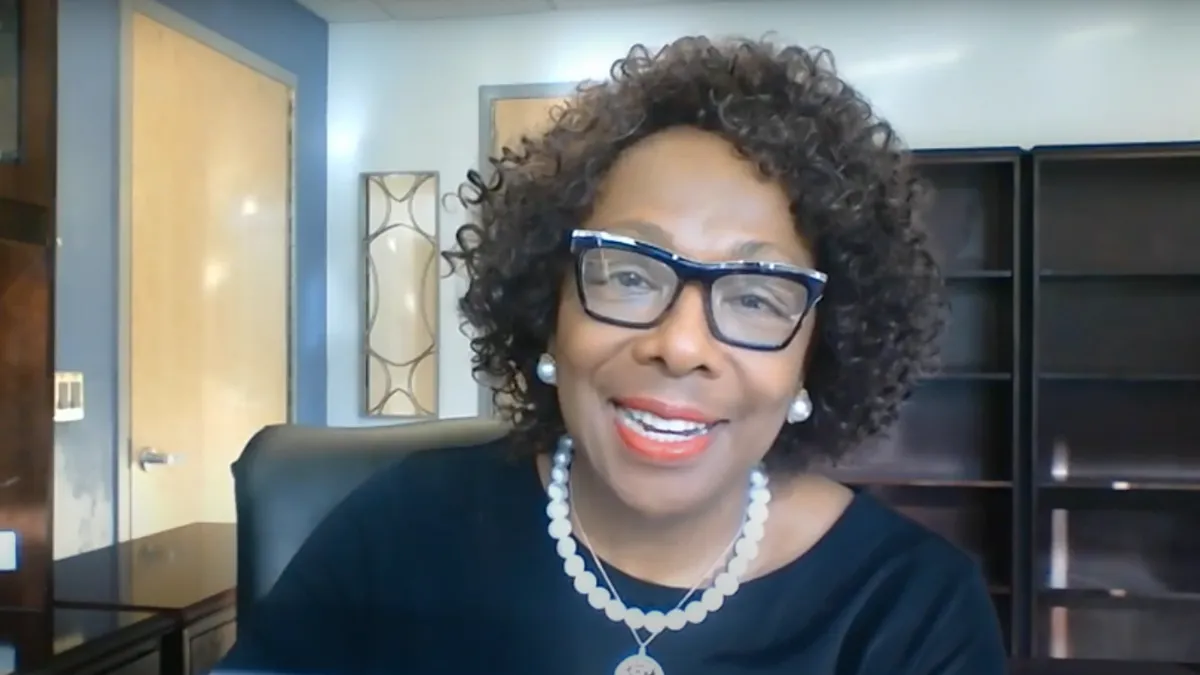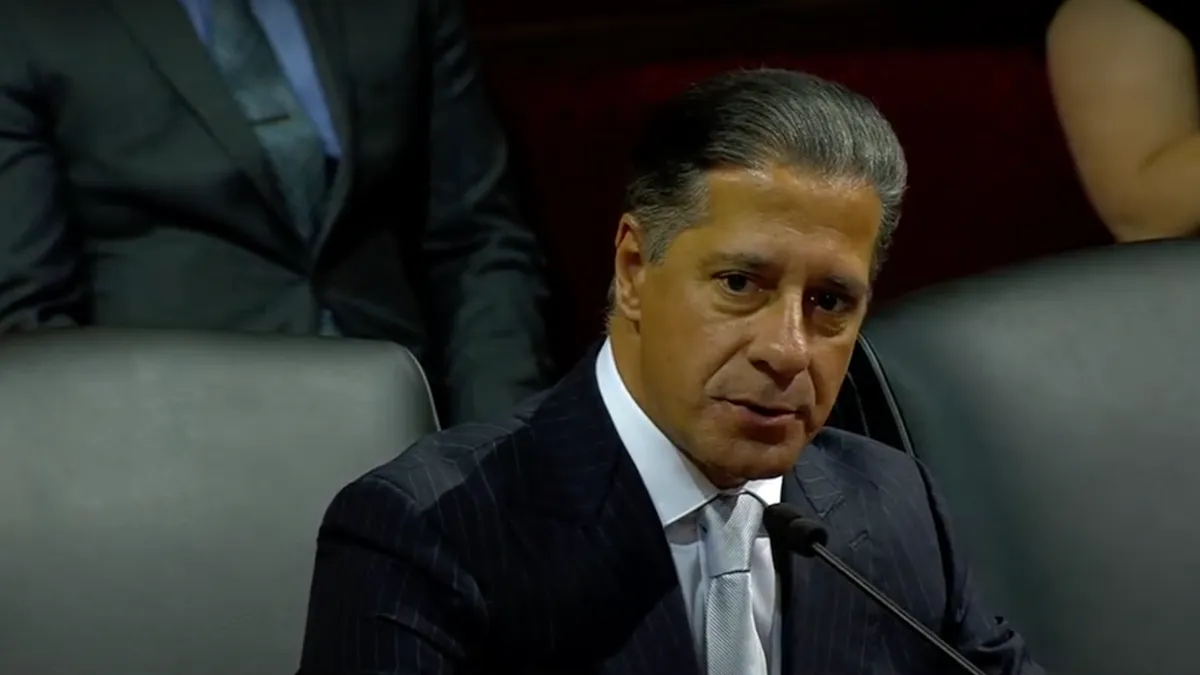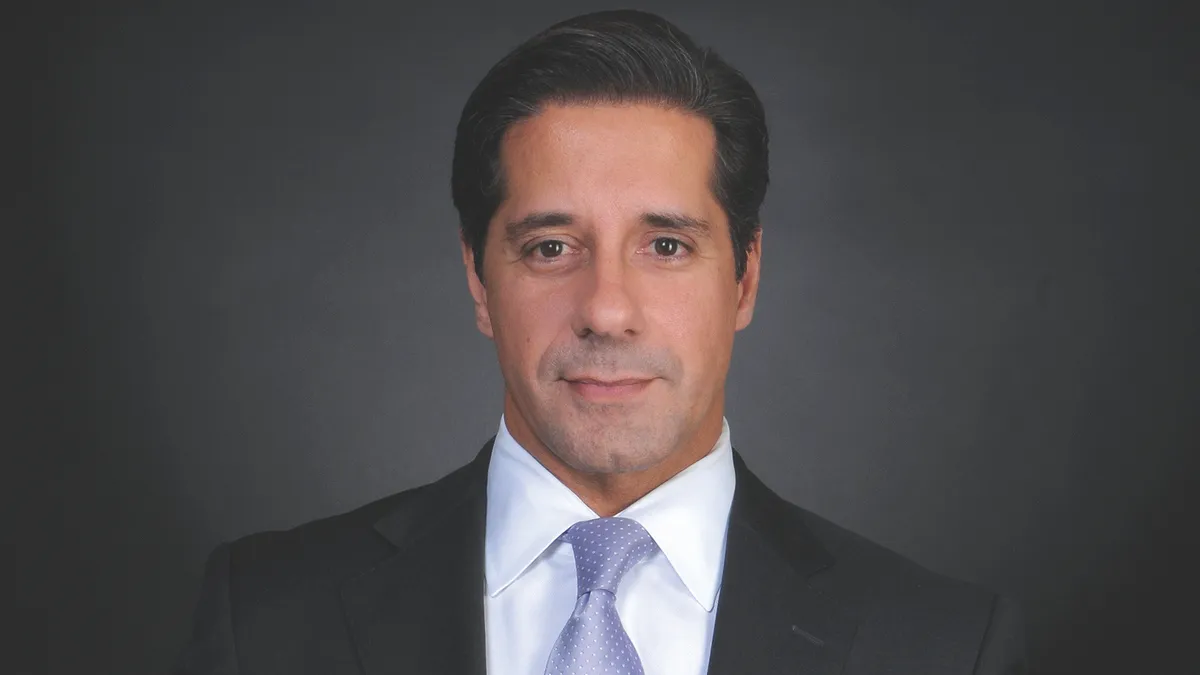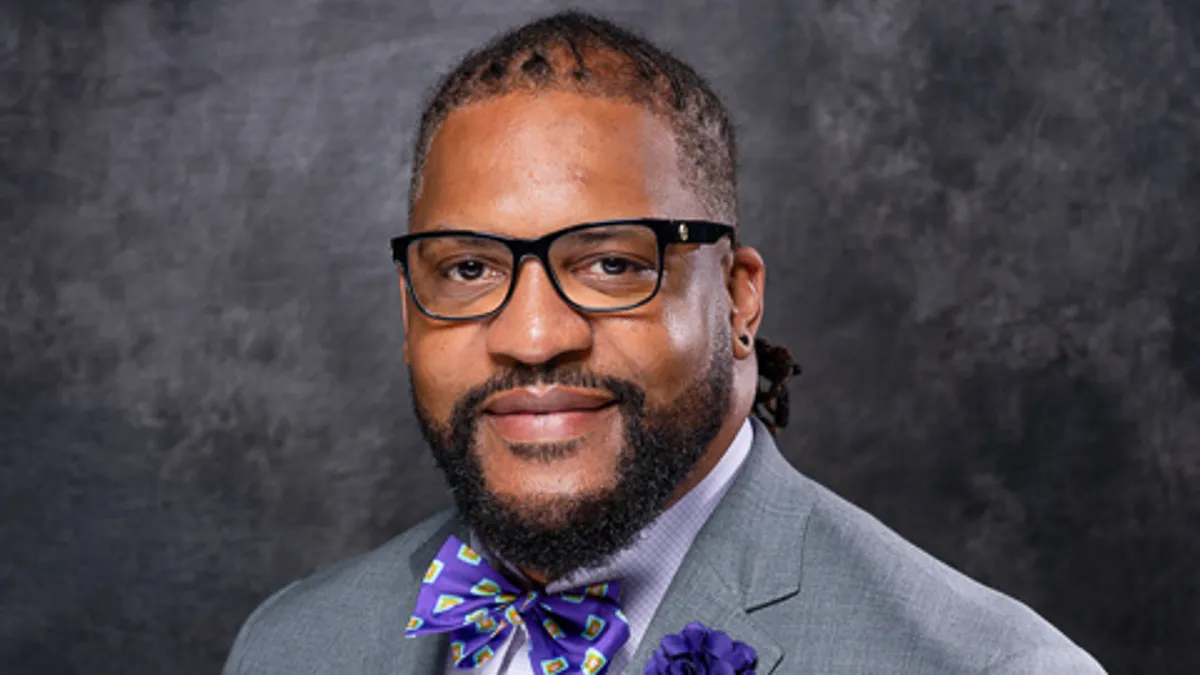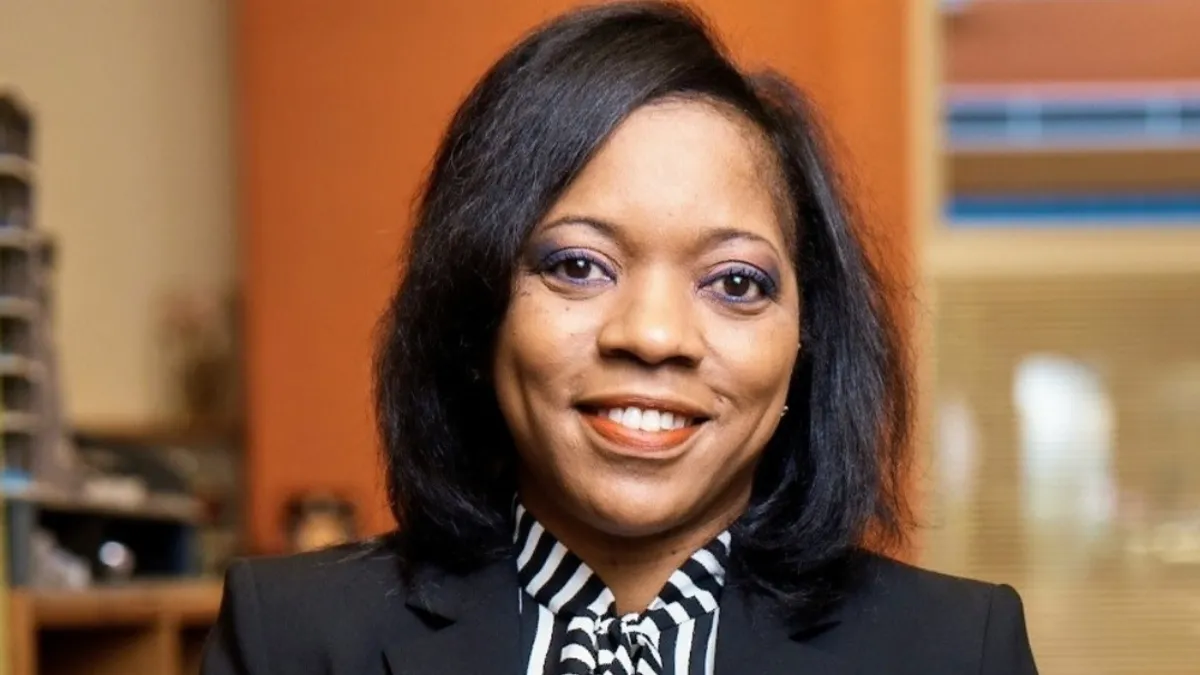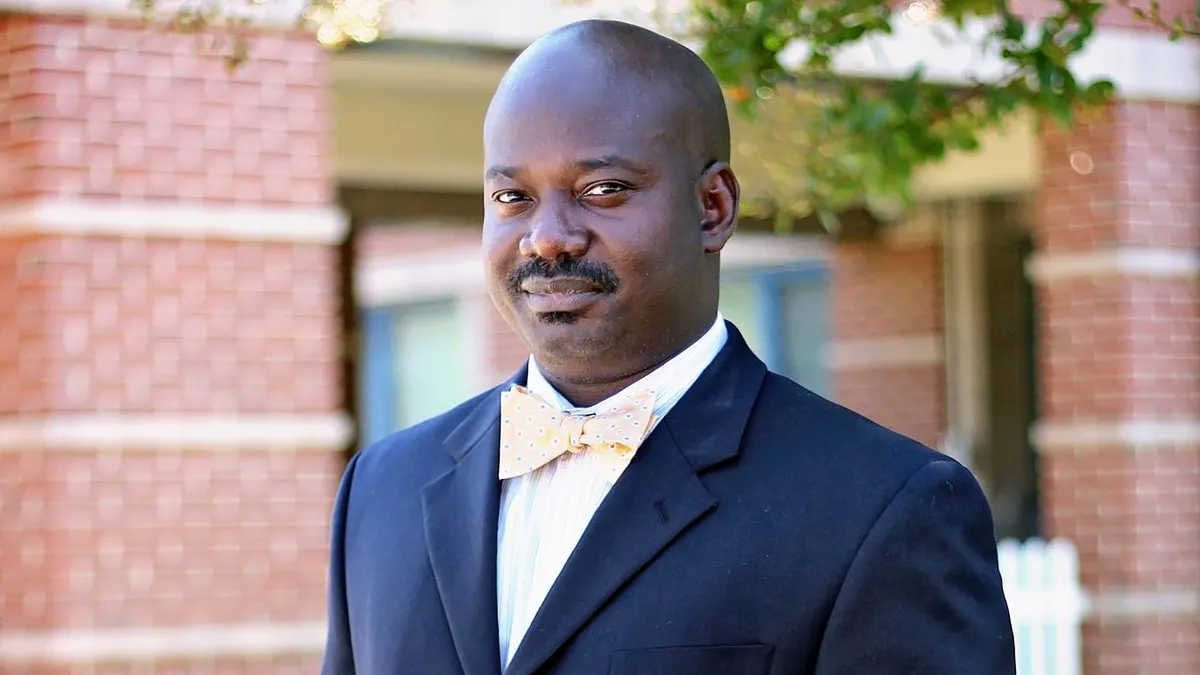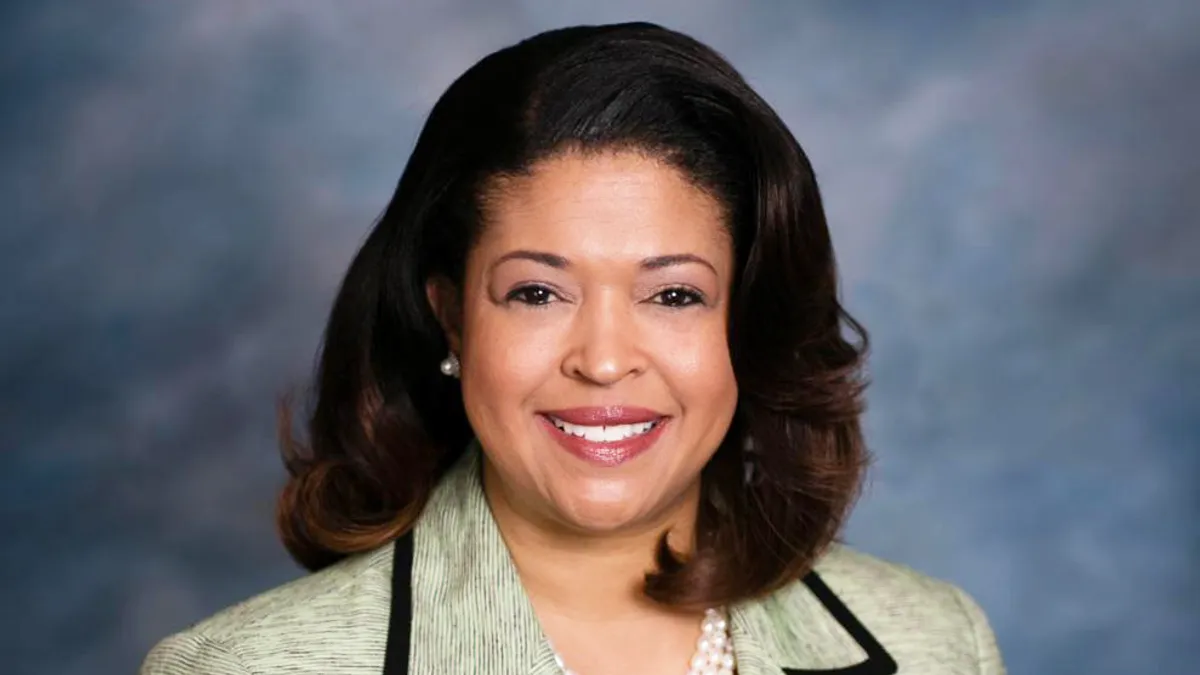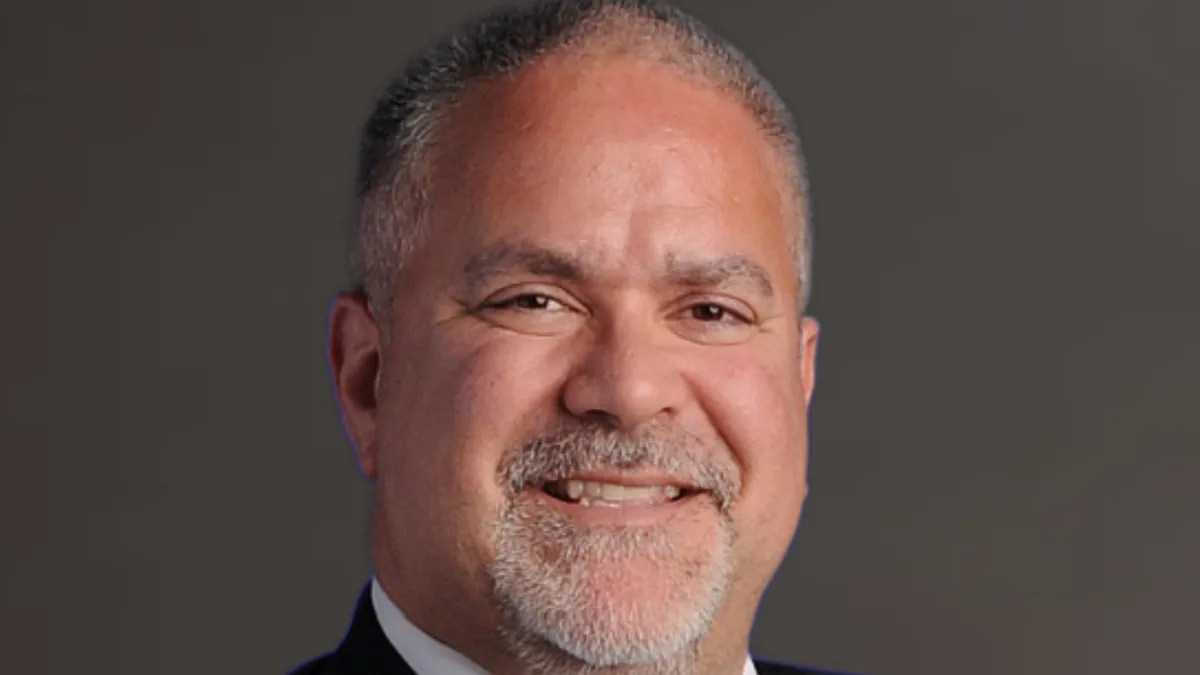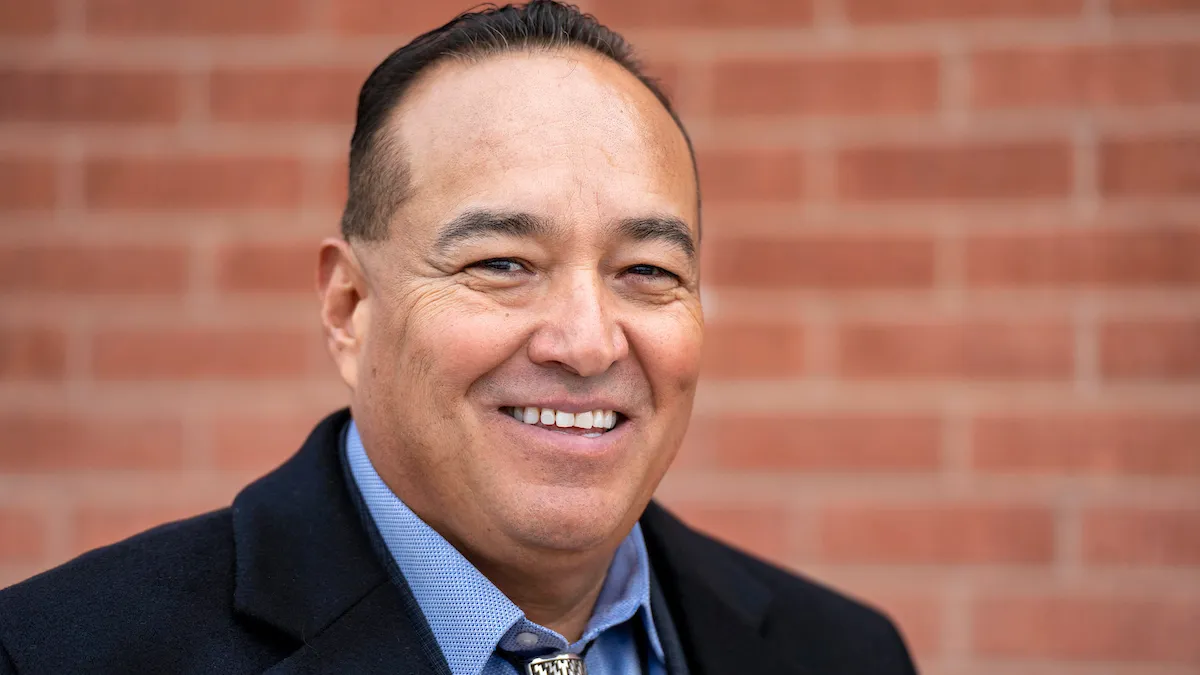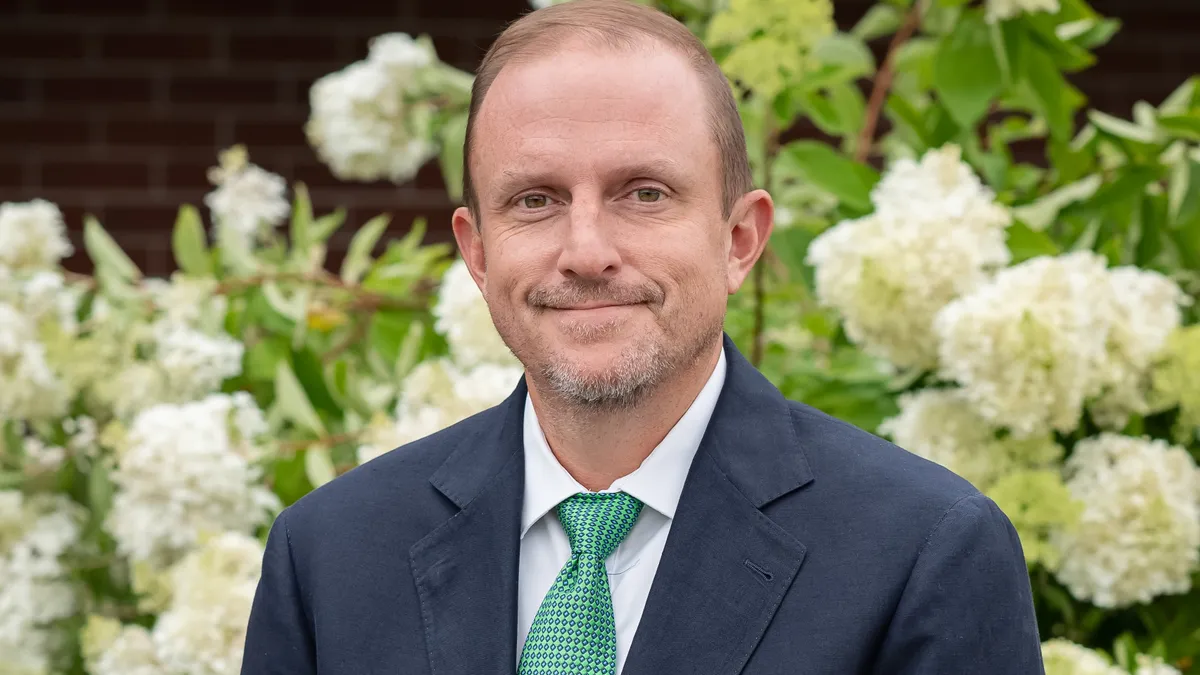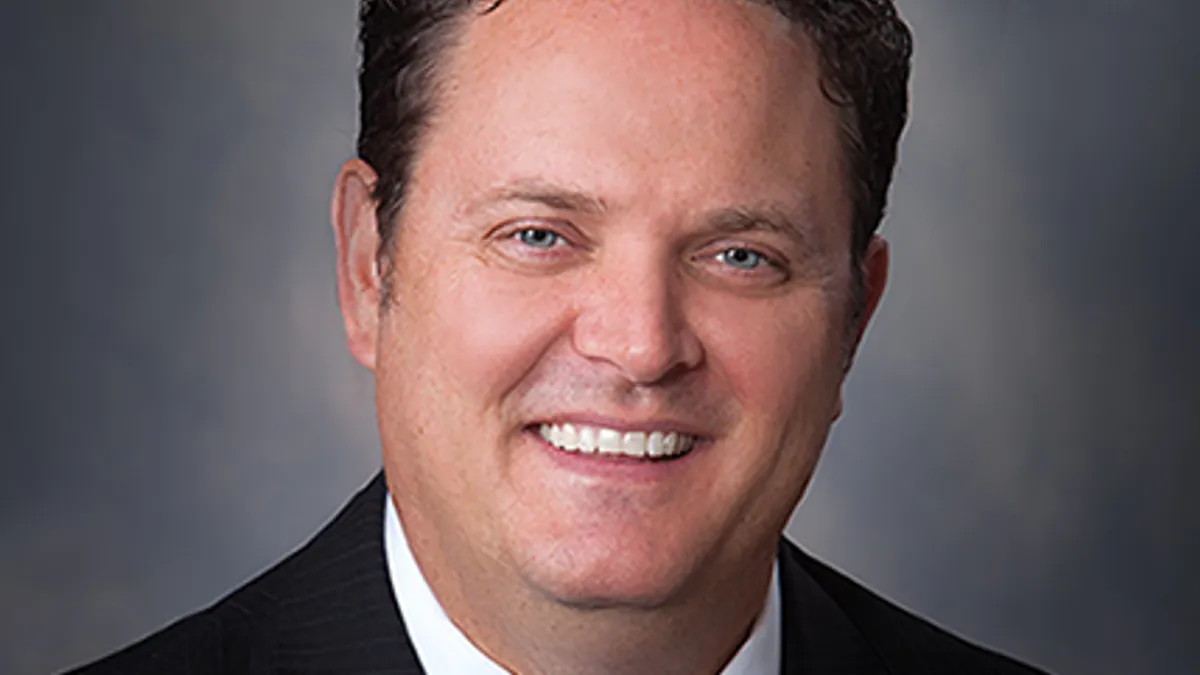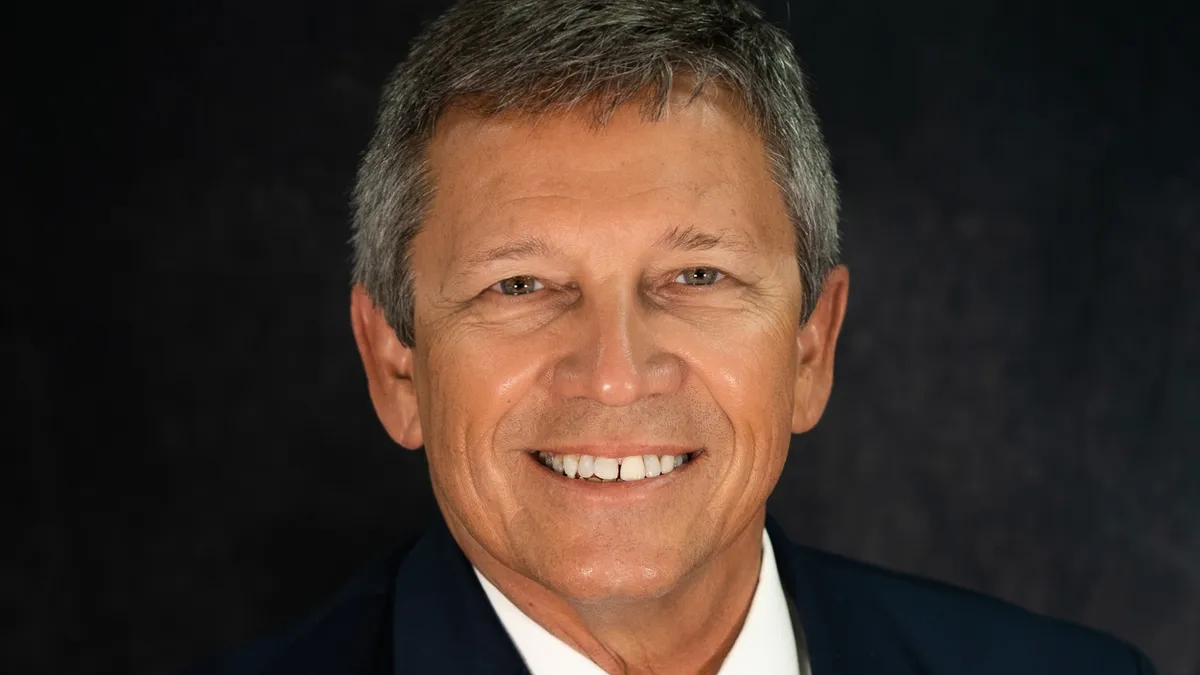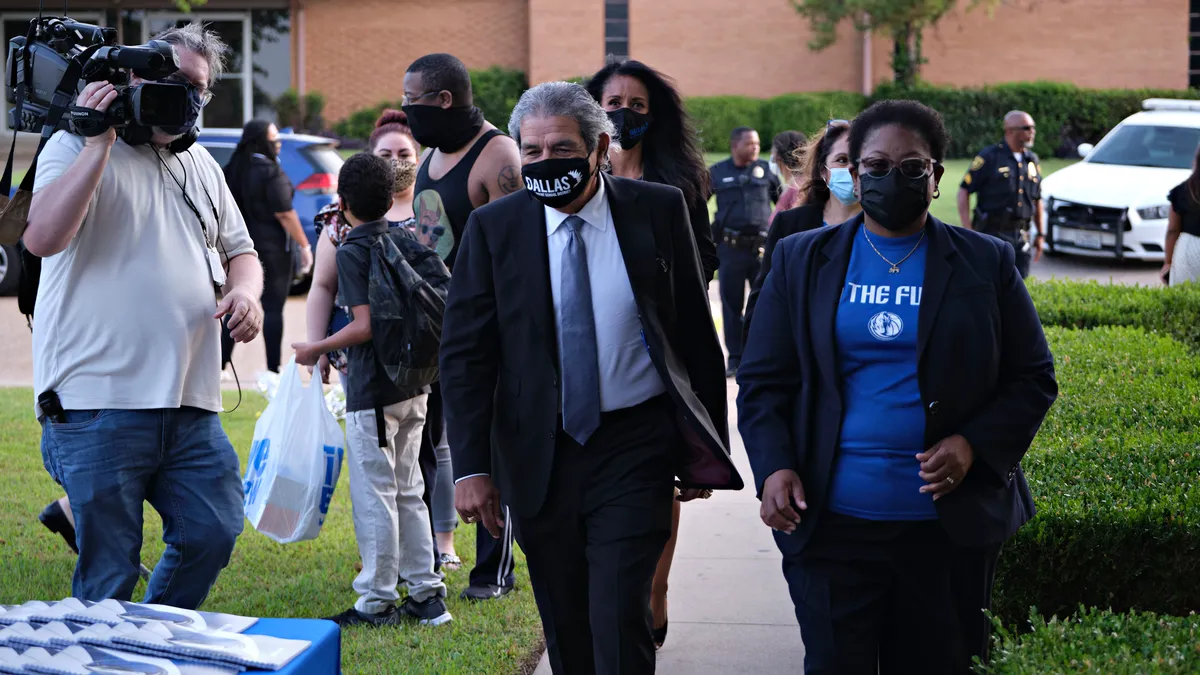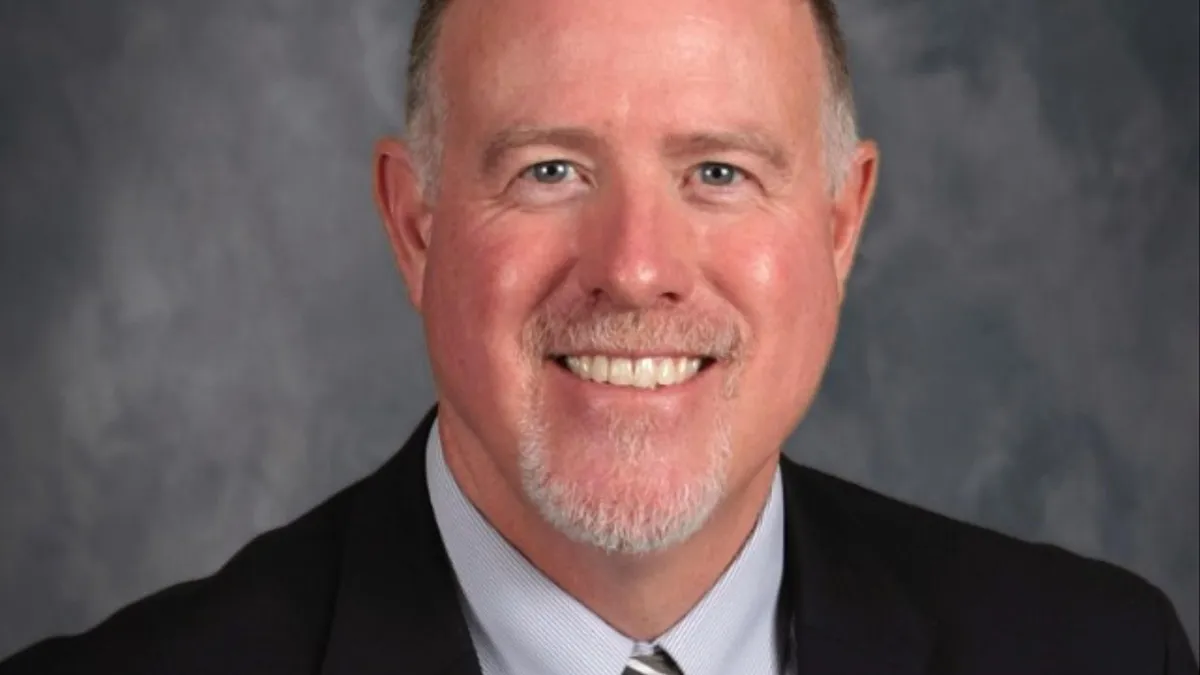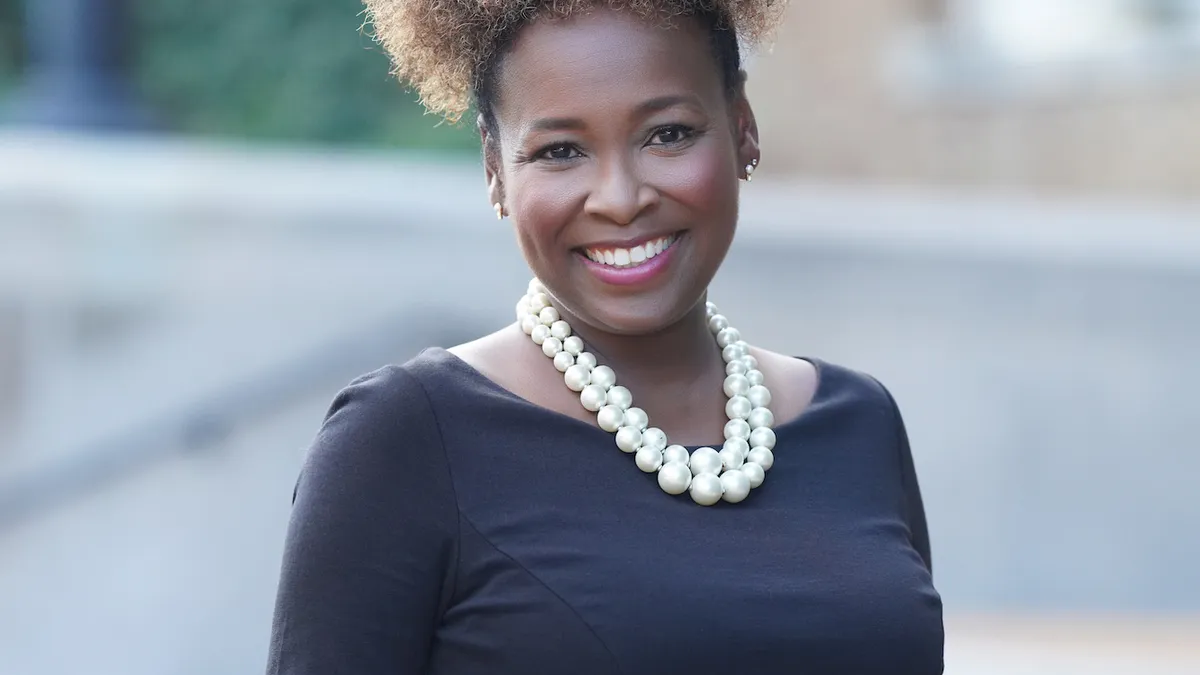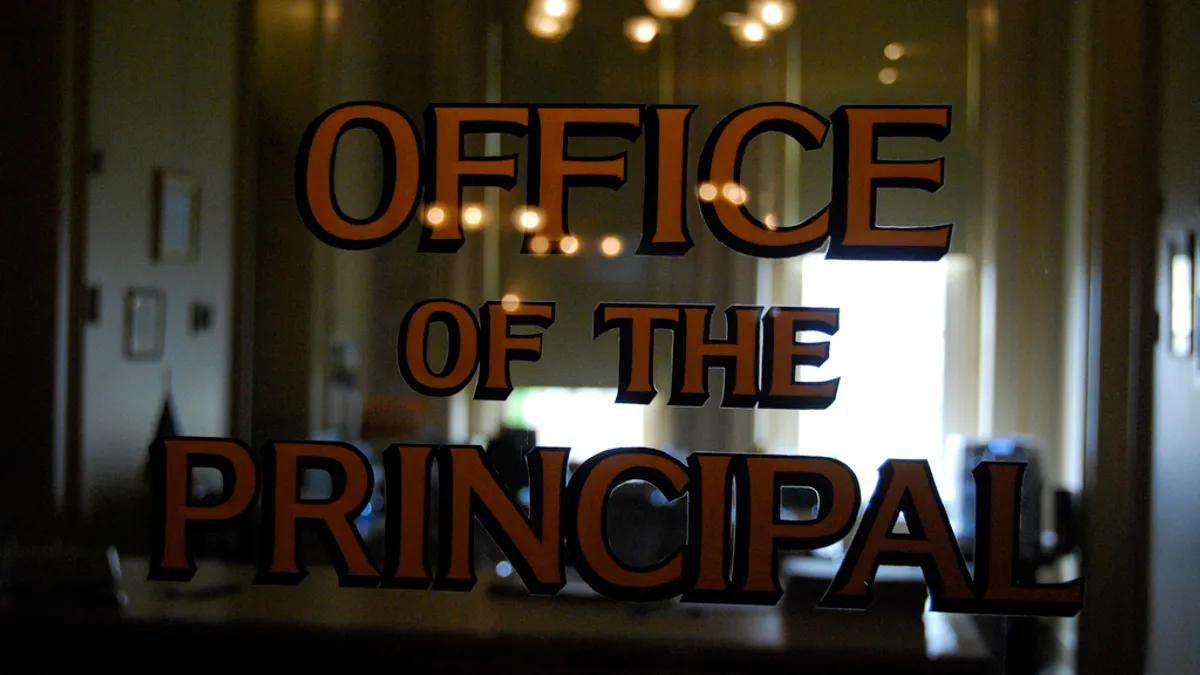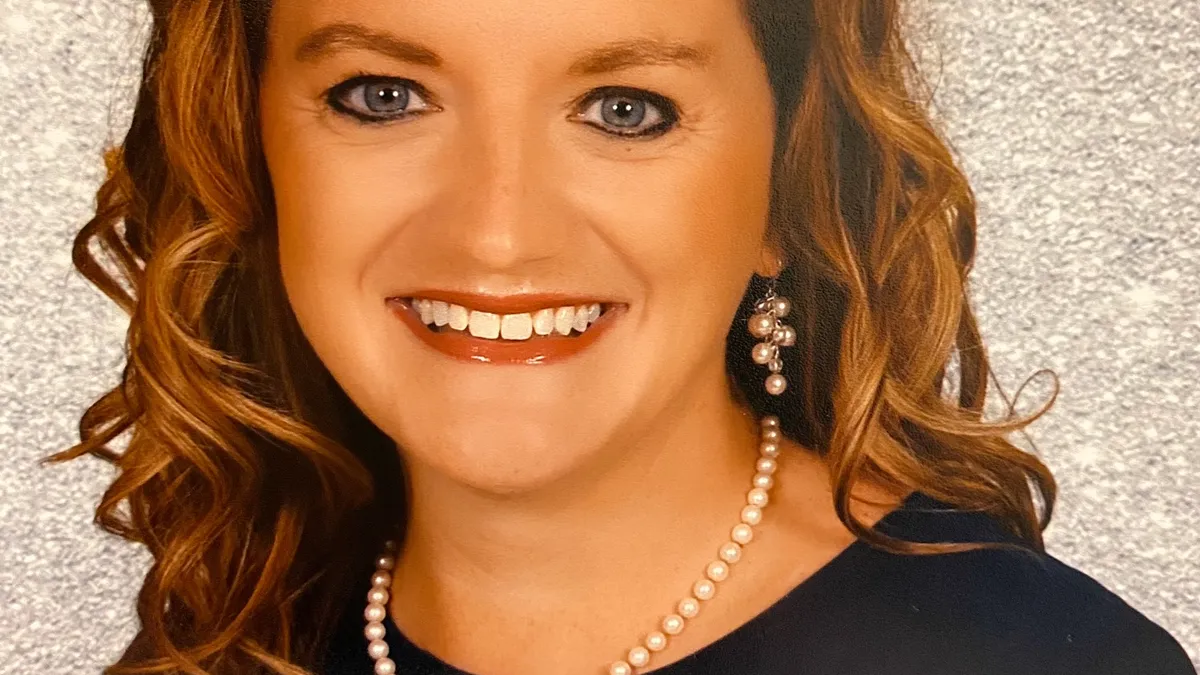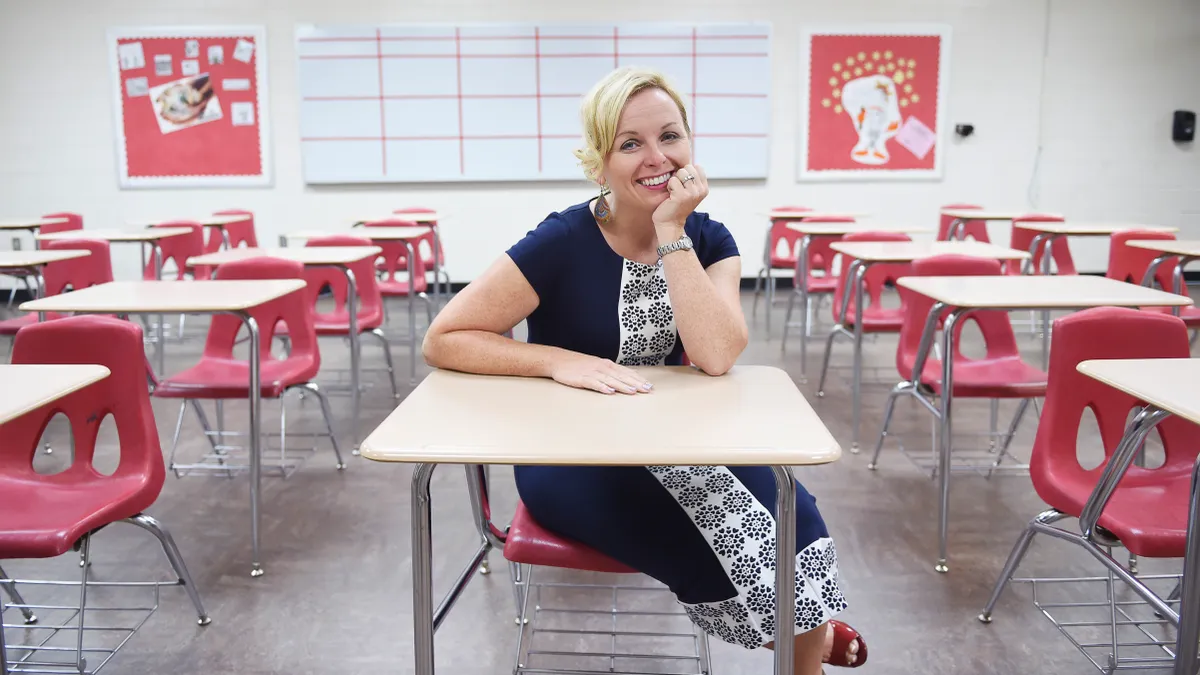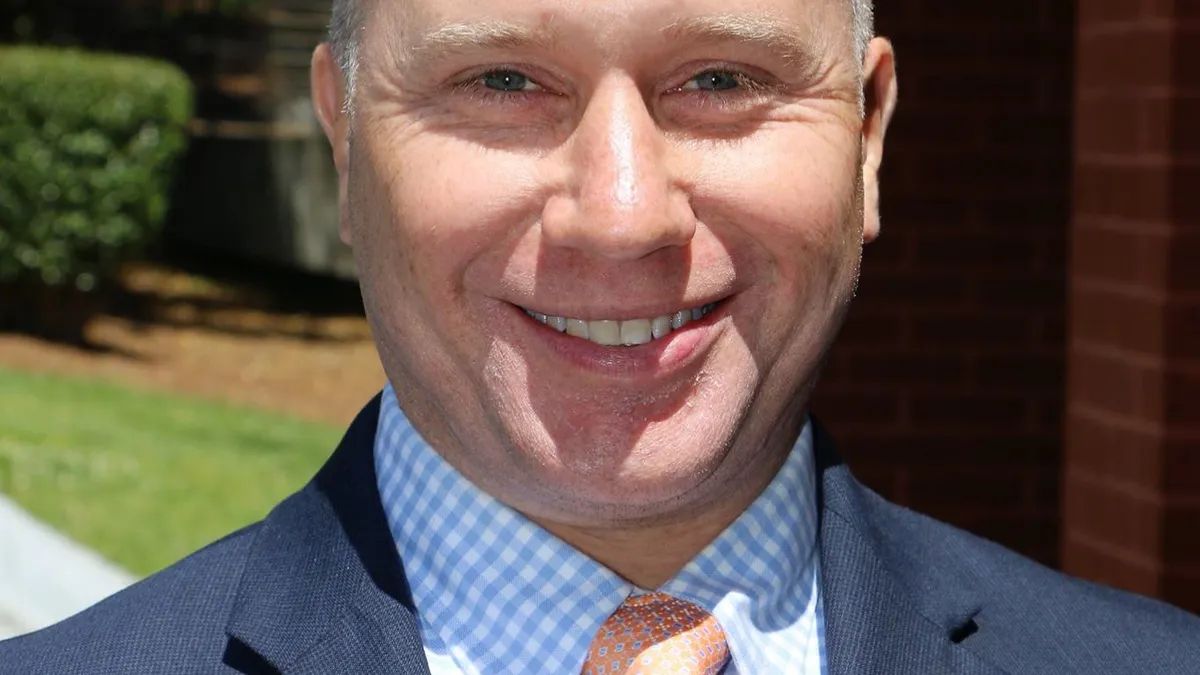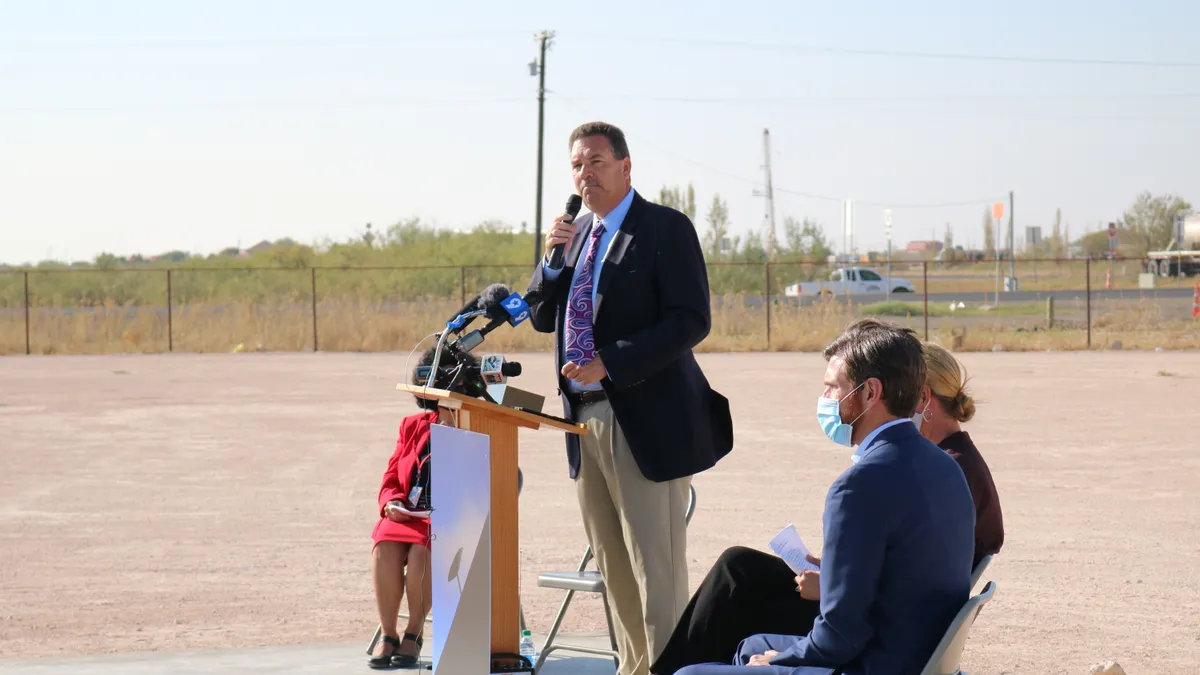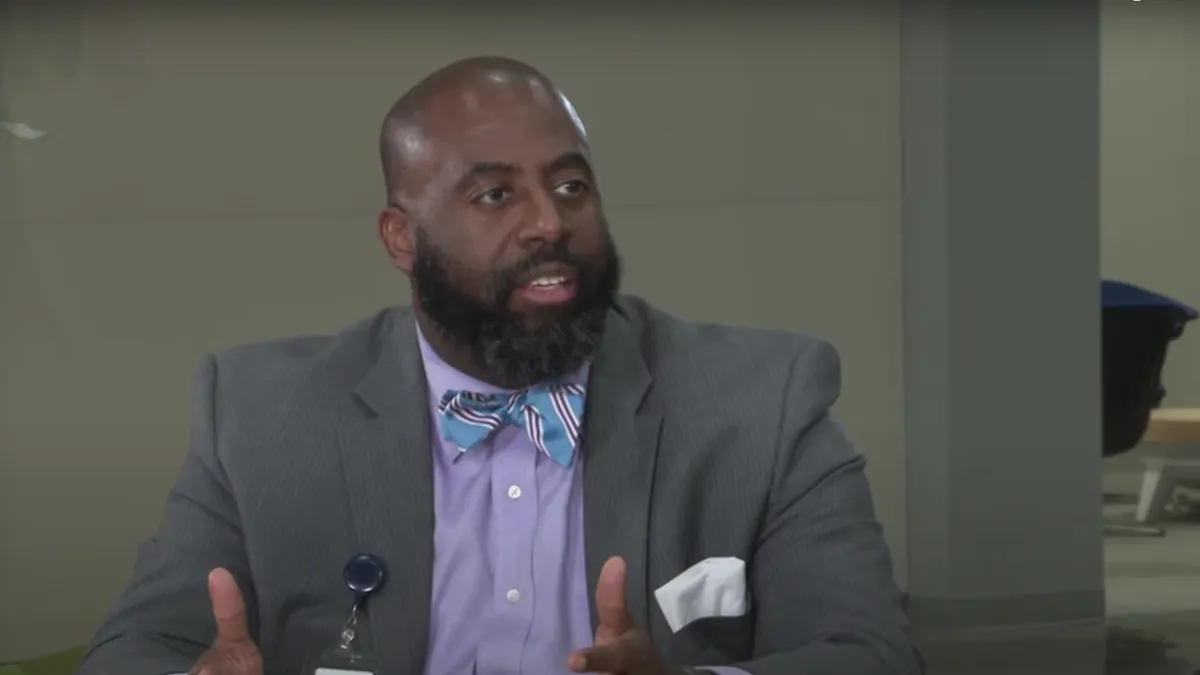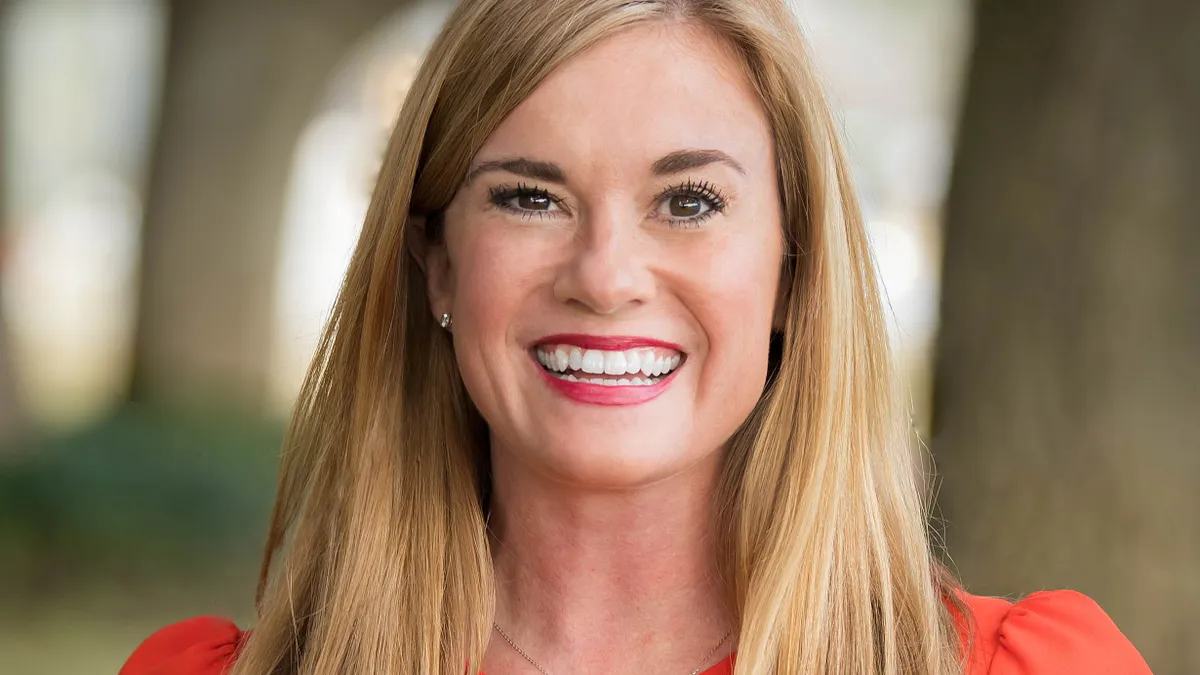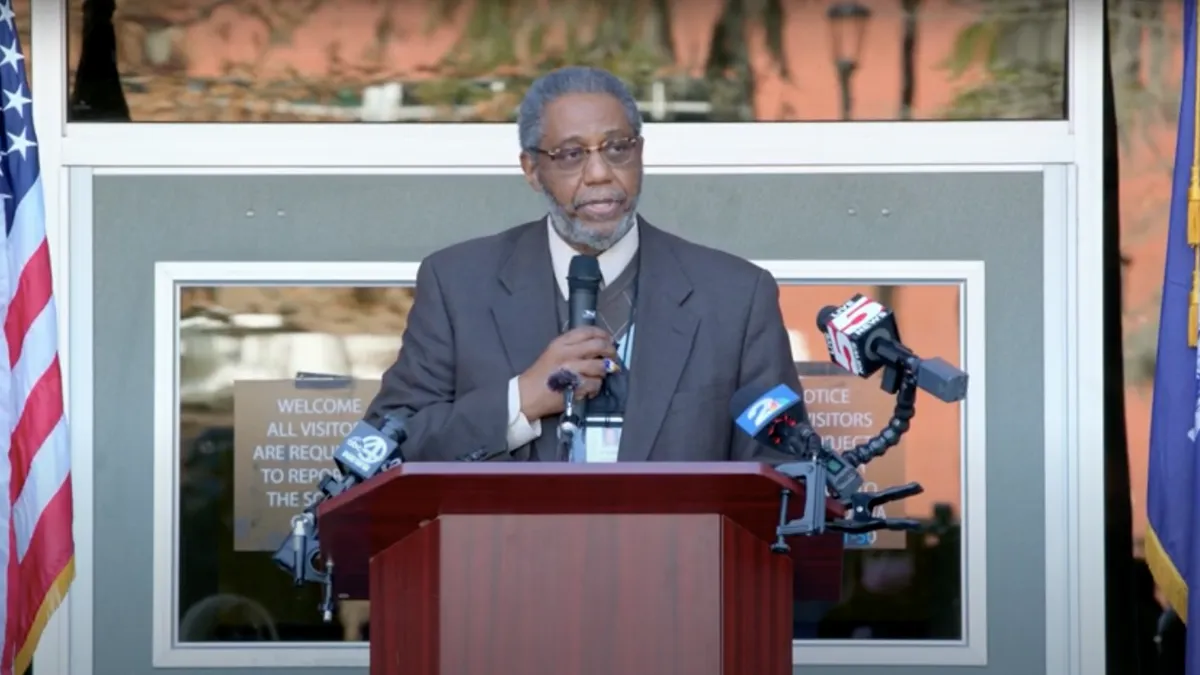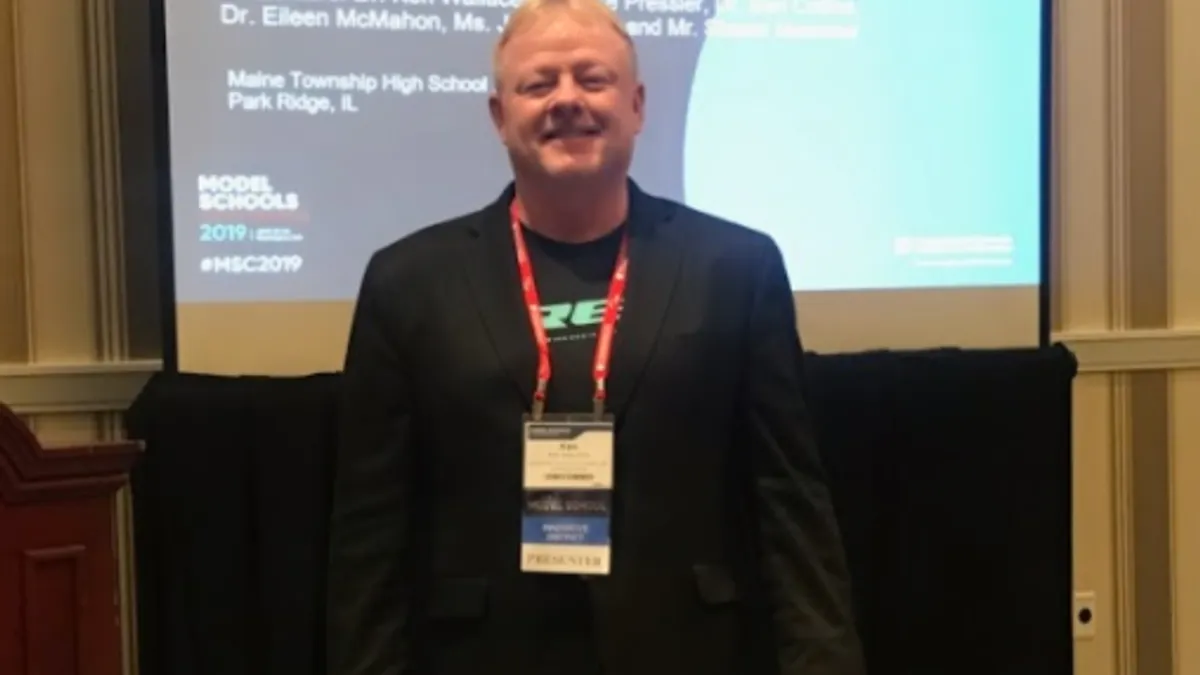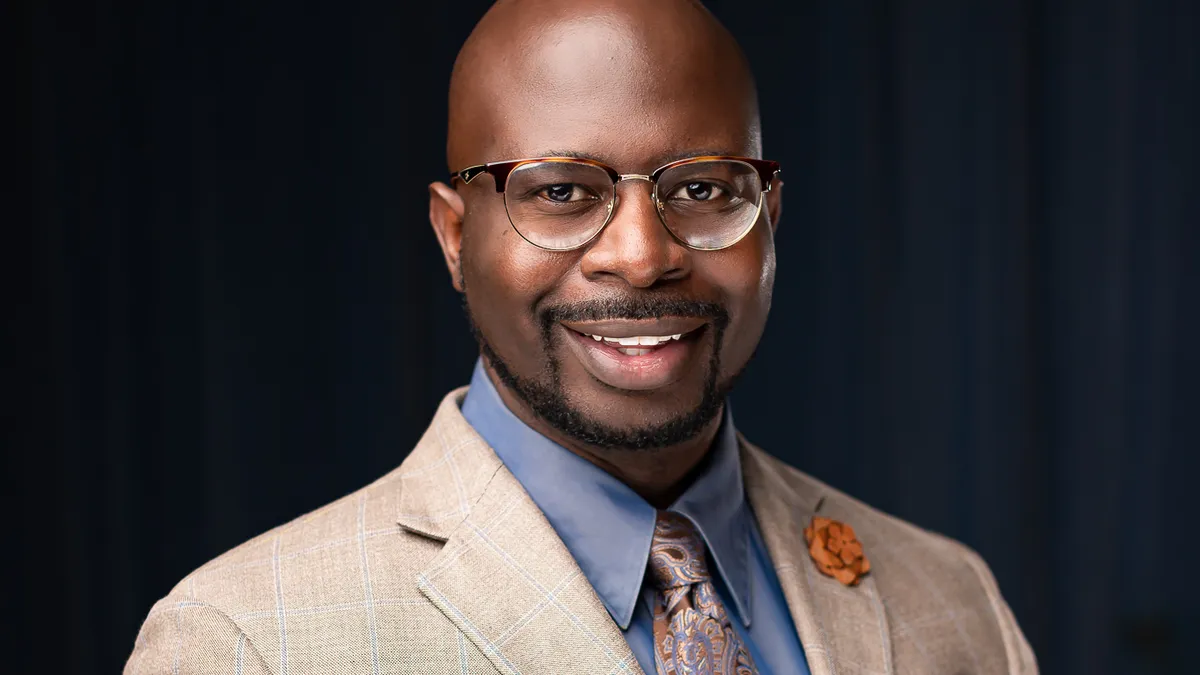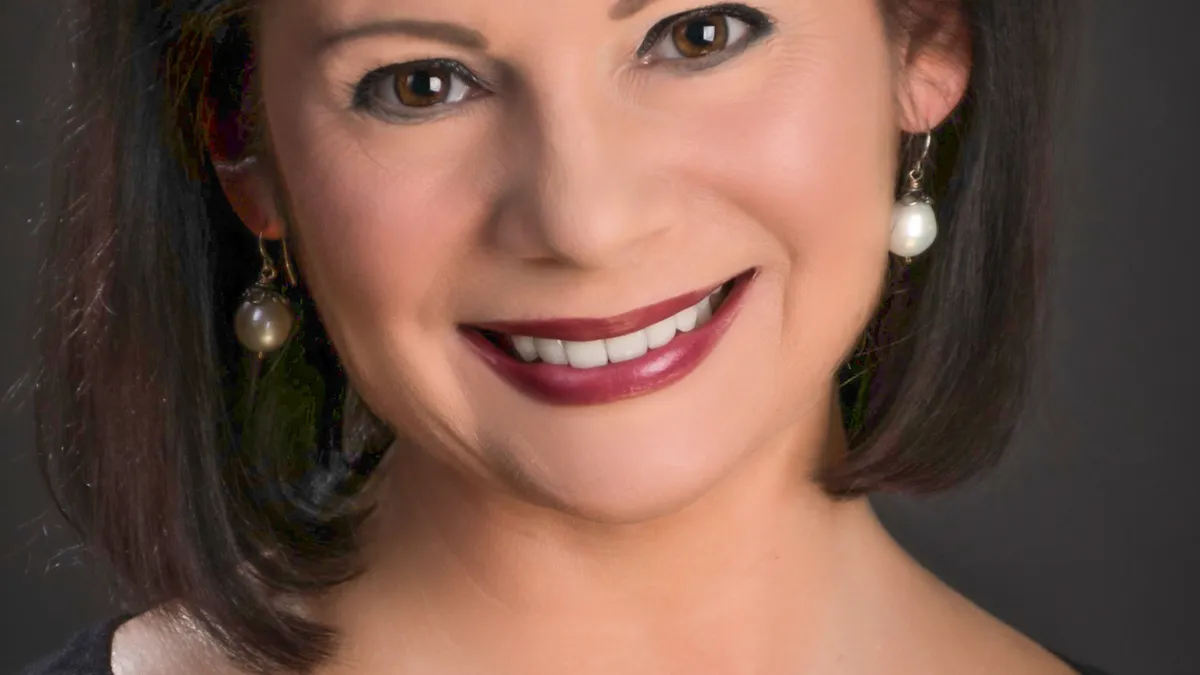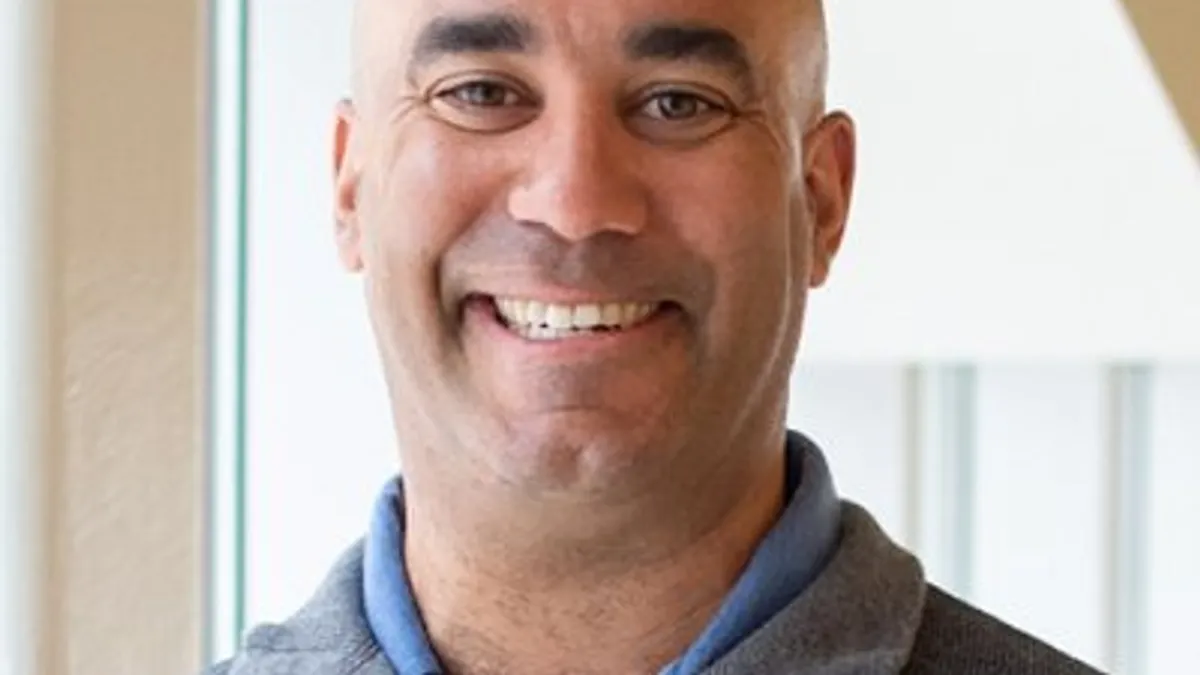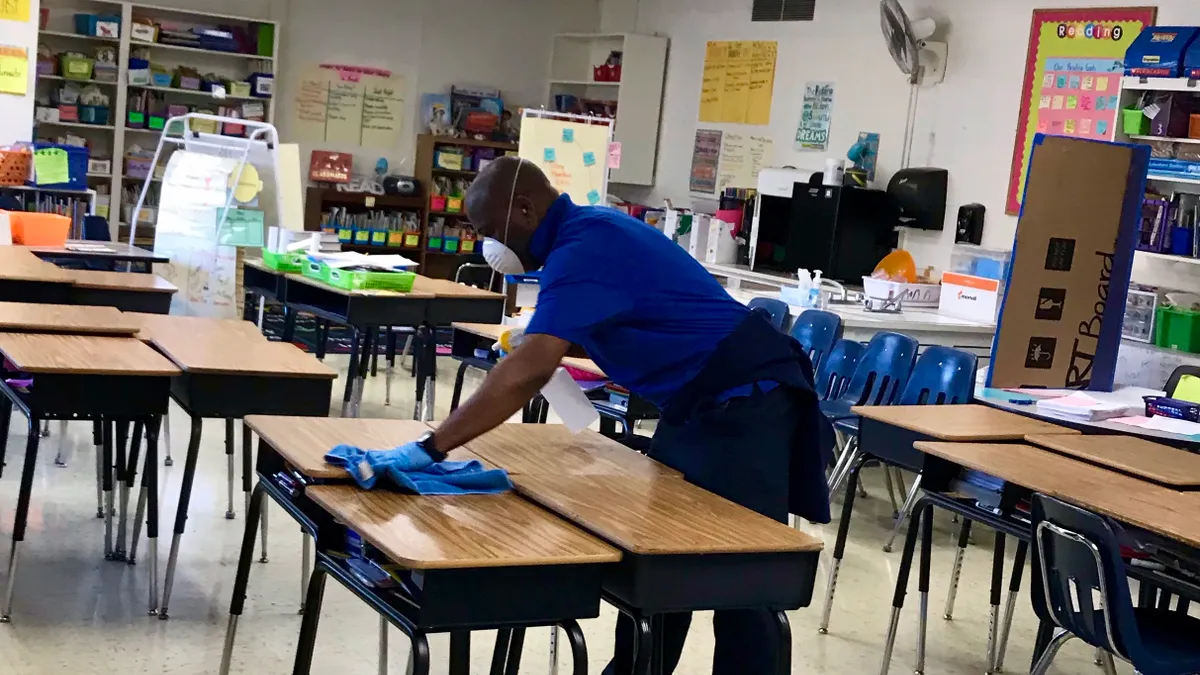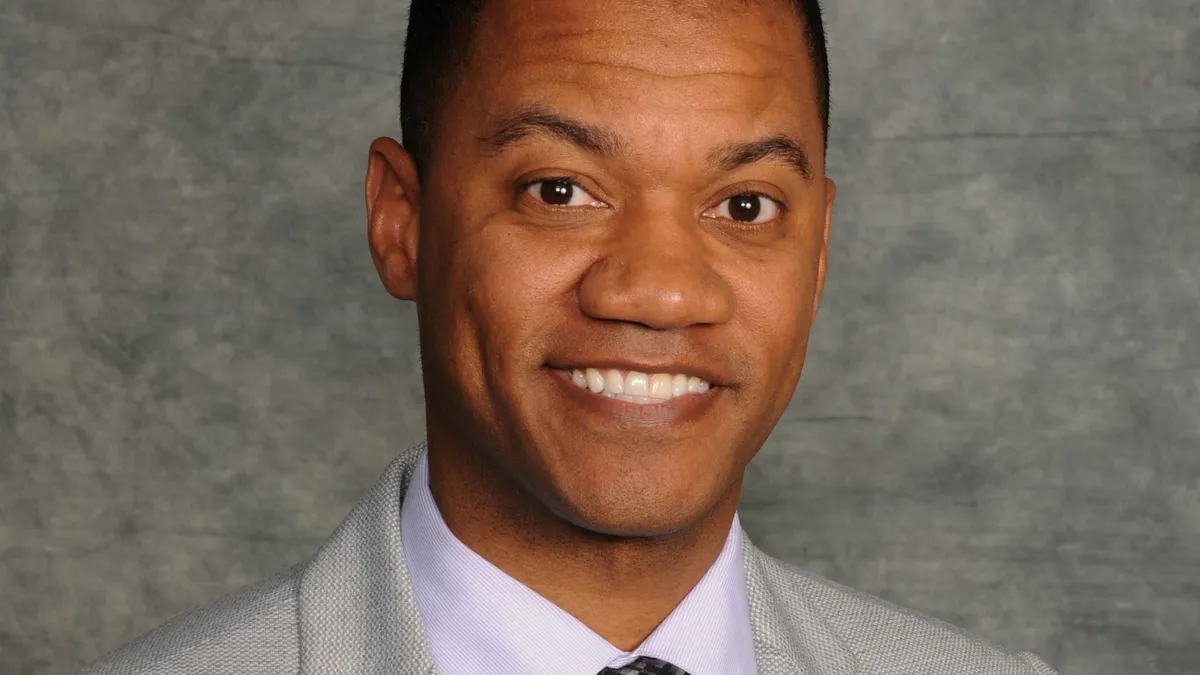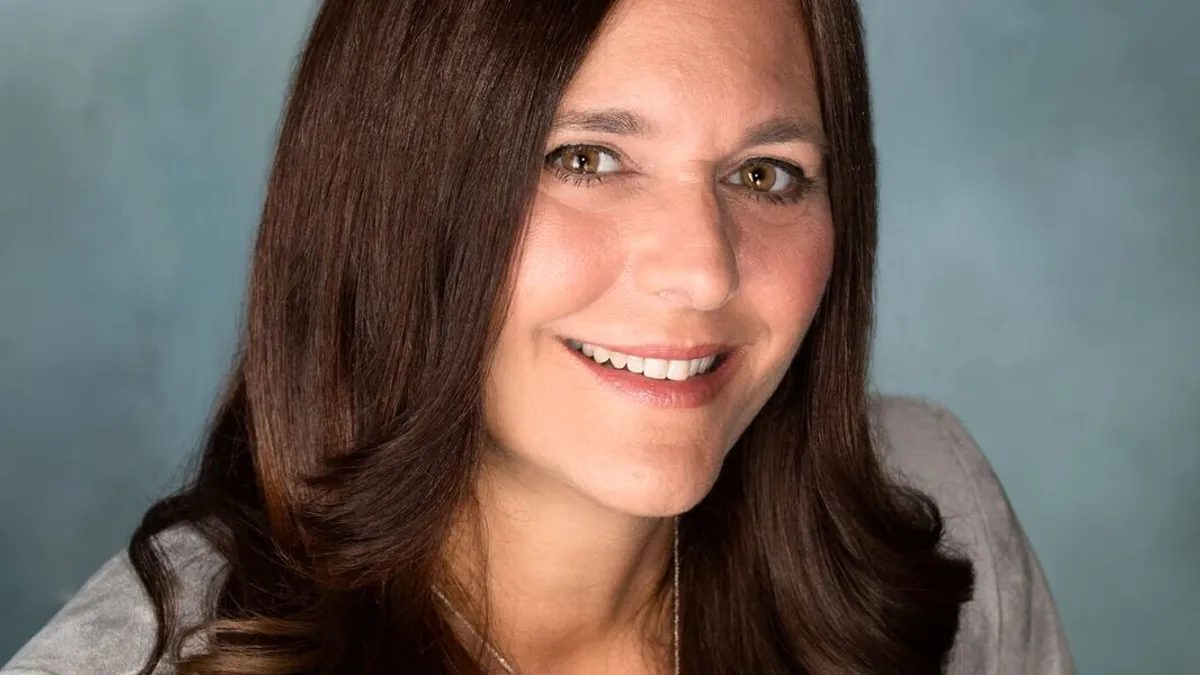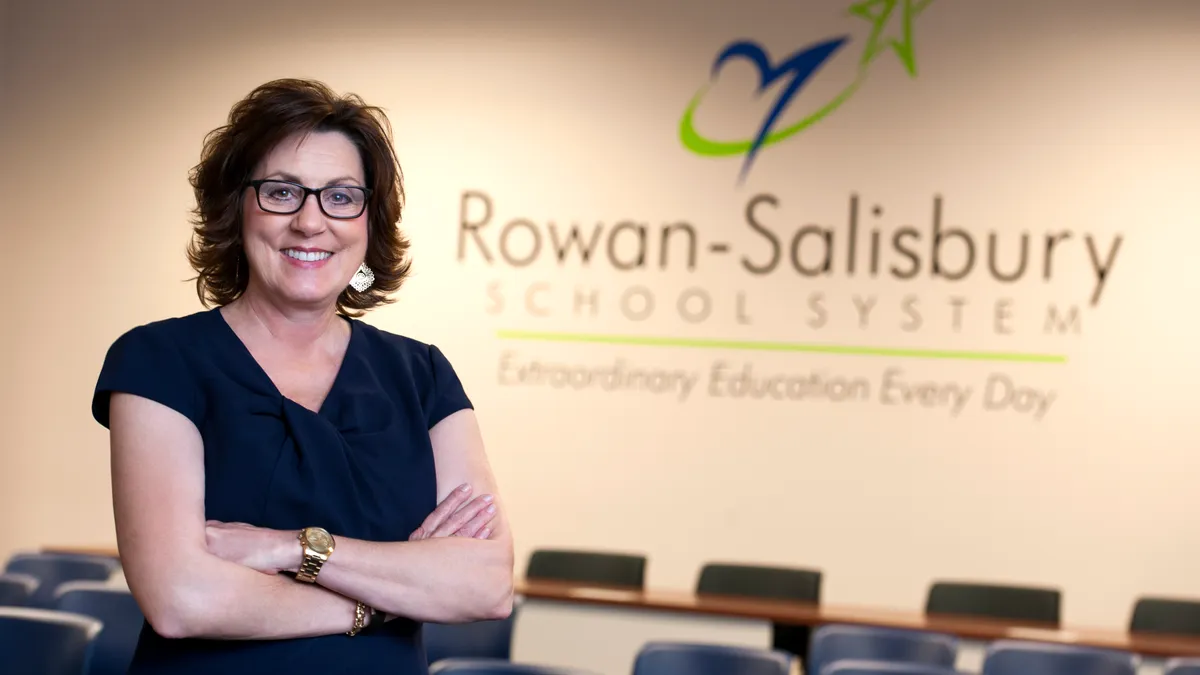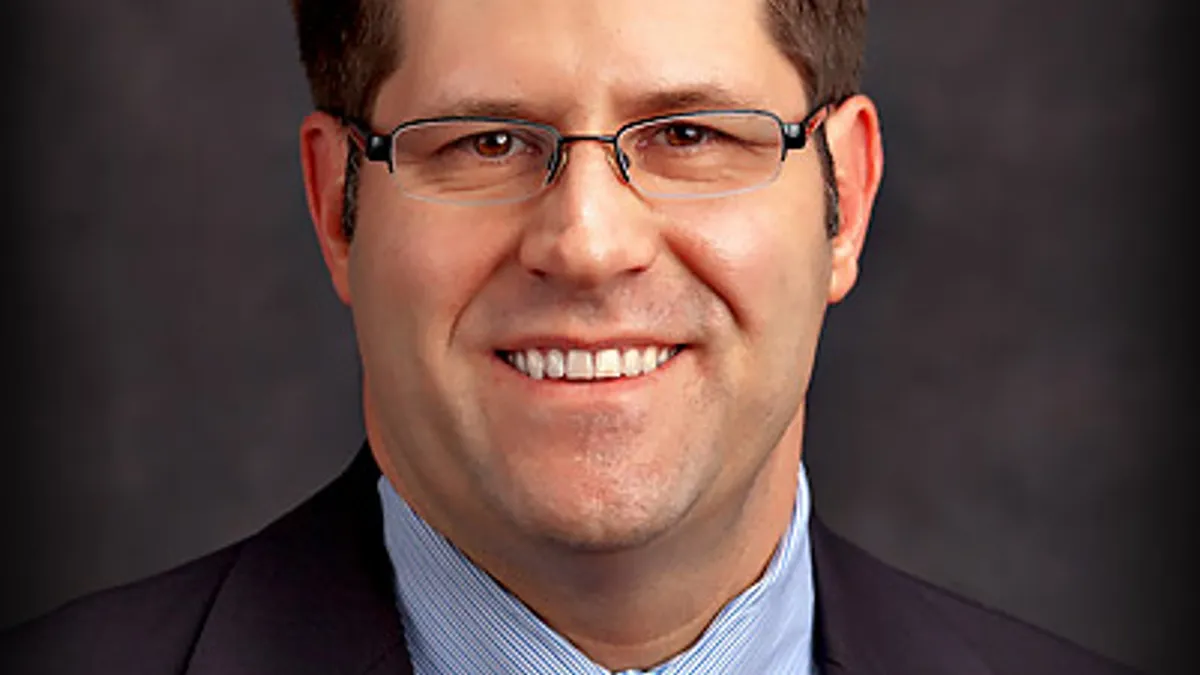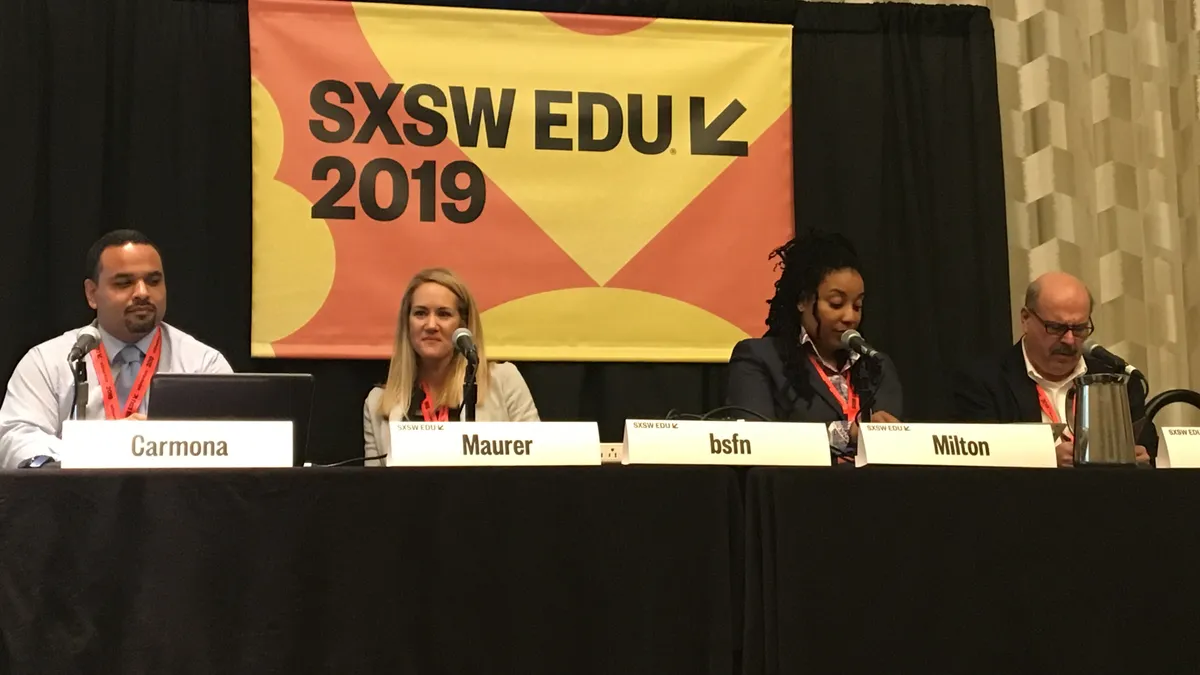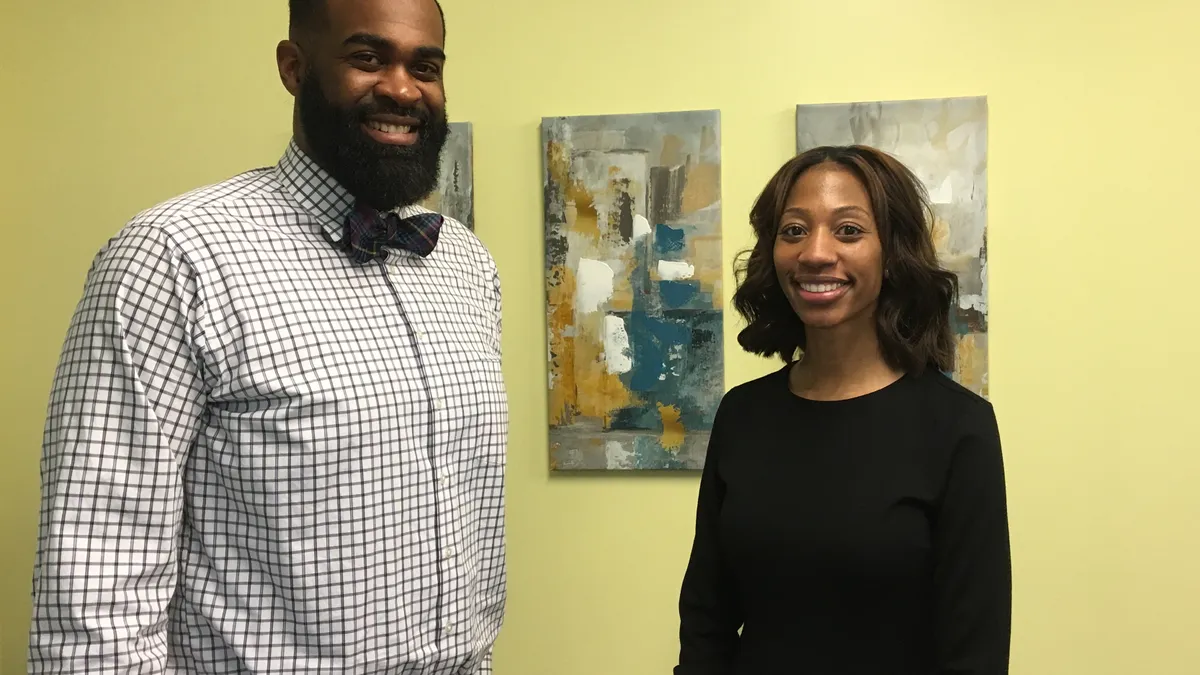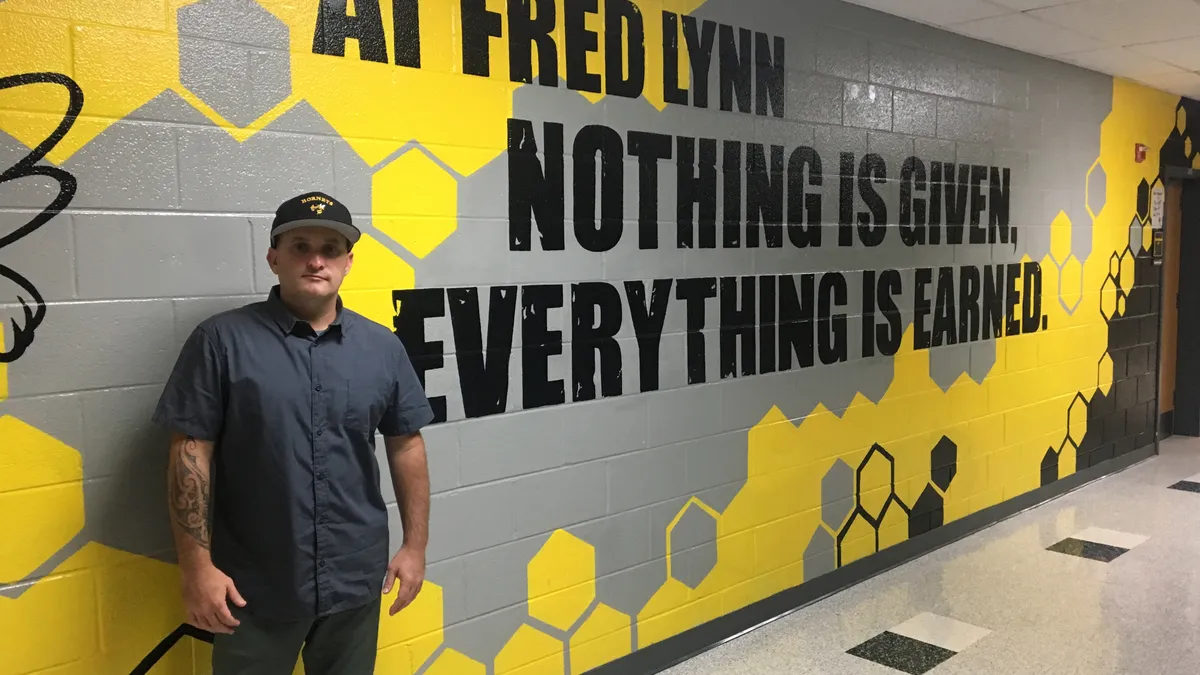Lessons In Leadership is an ongoing series in which K-12 principals and superintendents share their best practices as well as challenges overcome. For more installments, click here.
Over the past year, K-12 Dive spoke with school and district leaders from across the U.S. about their best practices, challenges overcome and lessons learned. With 2024 drawing to a close, we revisited those conversations to spotlight five key takeaways in the education leaders' own words to help inform your objectives for 2025.
Make sure every student knows their input matters
“The most important thing I think you can do is listen to your kids. I think that’s huge. I started that as soon as I came in here. I mean, I came with all of these great ideas — and I’ve been able to do a lot of them — but what I think really made a difference was letting the kids know, ‘This is your school. What is it that you want? What are some things that you want to happen this year?’
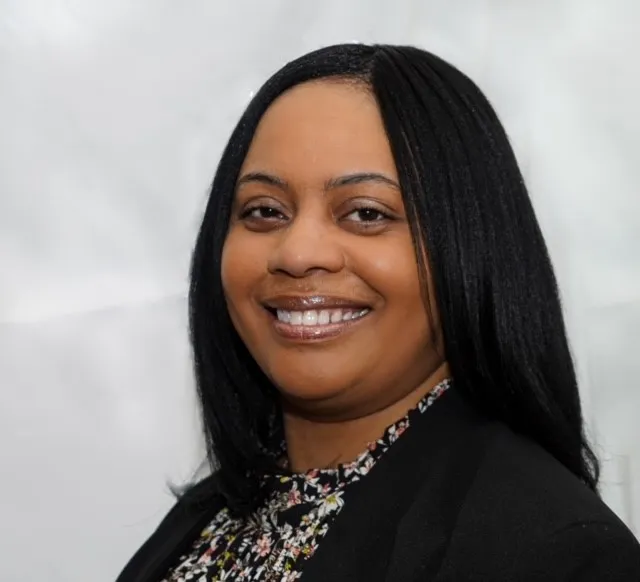
"And you don’t have to go and grab your most well-behaved students. You want the ones who want to talk, who are like, ‘I have a lot to say.’ I think if more principals opened up that opportunity to their kids to share what it is that they would like to see — and that’s doable in a school — I think you can transform a school. Because it’s for them. Their voice is really, really important.”
— Shampriest Bevel, principal of Bayside Middle School in Virginia Beach, Virginia
Be mindful of what you direct energy toward
“You can’t control social media going off at 1:00 in the morning. You can’t control the rumor mills. You can only control what you can within the school district, as well as within your team. And even then, if you think you can control a teacher’s classroom, you can’t.
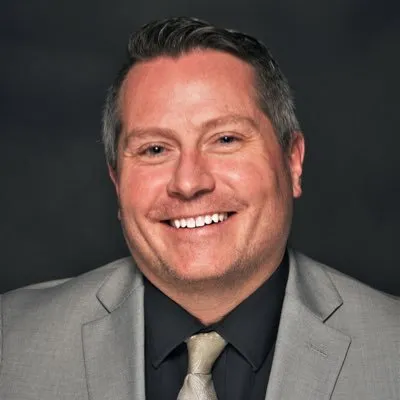
"What you can control are your opinions, your goals, who you spend time with, your temper, your attitude and your character. Things that are out of your control? Students’ lives, outcome of school initiatives, your teachers’ classrooms, policies established by a school board or central office, and parents and community.”
— Glenn Robbins, superintendent of Brigantine Public Schools in Brigantine, New Jersey
Meet parents where they are — sometimes literally
"It’s showing up at the laundromat, the grocery store, the food truck, the library — places where parents congregate.
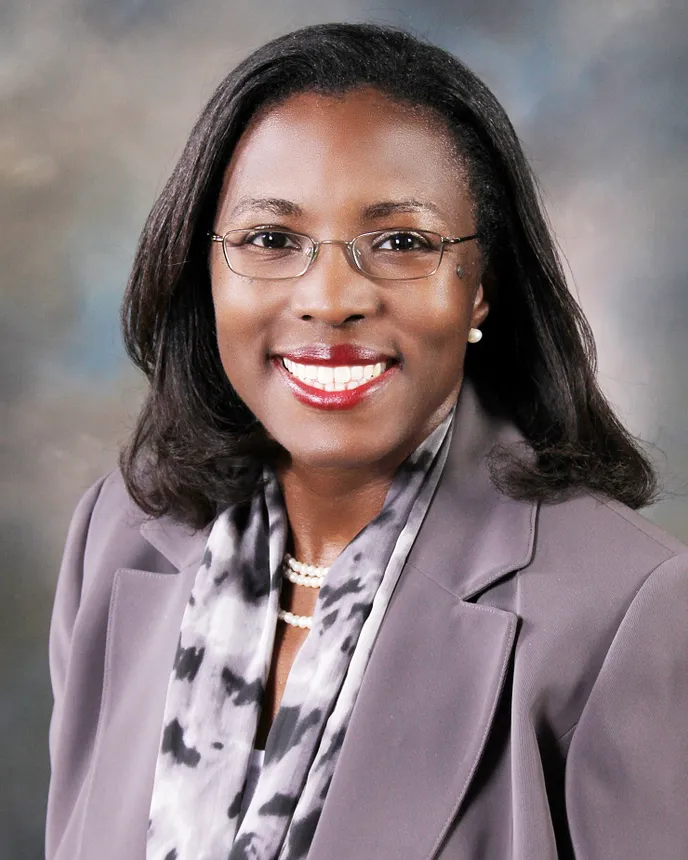
"Just imagine you’re checking out your groceries, and your superintendent’s at the end of the grocery line. It’s kind of like the Girl Scouts when they’re bagging your groceries, but instead it’s your superintendent saying, ‘I just wanna listen. How’s it going? How’s your year going? What’s the biggest challenge you face? What are you hoping that we remove as a barrier for next year?’
"Parents will talk differently to you often in the community and in unstructured ways, when you meet them where they are, than they will if you ask them to come to you and you formalize that structure."
— Tiffany Anderson, superintendent of Topeka Public Schools in Topeka, Kansas
Give people grace when pursuing change
“My mindset is always grace to the people who are already here, who were doing business in one way or operating in one way, and then a new administration comes in and changes things. That’s understandable if there’s opposition. There’s also opposition when there’s change. Change is hard.
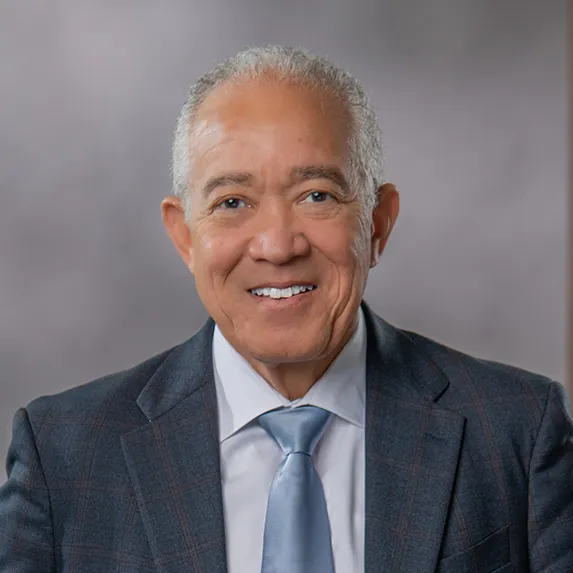
"It’s our responsibility to explain these reforms and help them understand, but also listen and hear them out and try to modify things where we can. At the same time, we don’t have time to form a whole bunch of committees just to right the ship. The ship was sinking, and we needed to do bold things. And that’s what we’ve been focused on.”
— Mike Miles, superintendent of Houston Independent School District in Houston, Texas
Treat the community as equal partners
“We learned that people really appreciated the notion that we talk about ‘nothing for us without us.’ It taught us that we need to double down on actively engaging very diverse communities and very diverse groups of individuals, to include students themselves, parents and families, teachers, principals, support staff, the philanthropic community, our faith-based community, our city’s elected officials and state and federal officials.
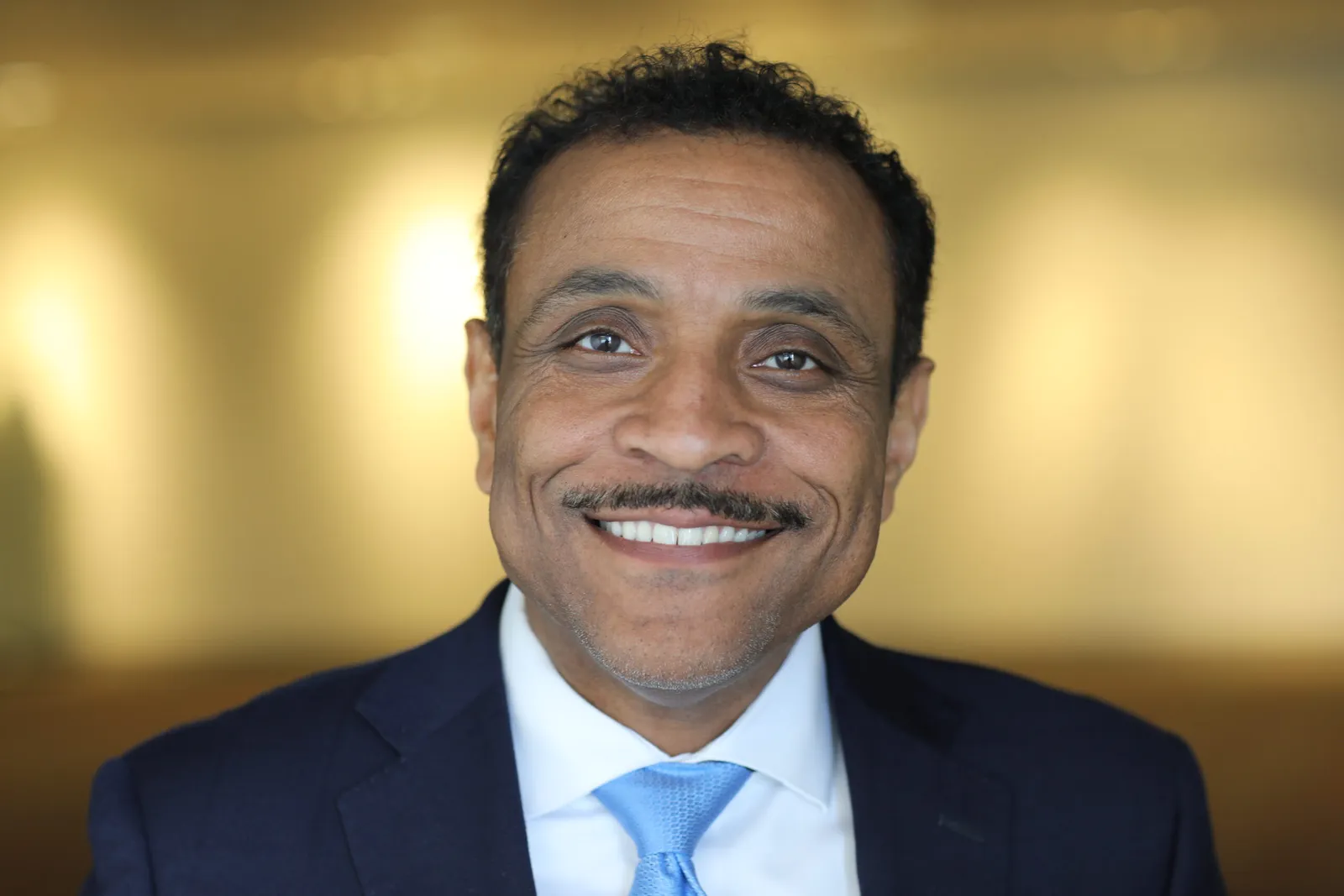
"It’s really important that we engage all of these groups so that, one, the strategic plan would not be viewed as ‘the superintendent’s plan’ or ‘the board of education’s plan’ but rather ‘our plan.’
"And two, when people felt like they had some ownership of the process, we have found that they’re more engaged in year two as we launch the next steps in that strategic plan.
“Ownership matters, No. 1 lesson.”
— Tony Watlington, superintendent of the School District of Philadelphia in Philadelphia, Pennsylvania




